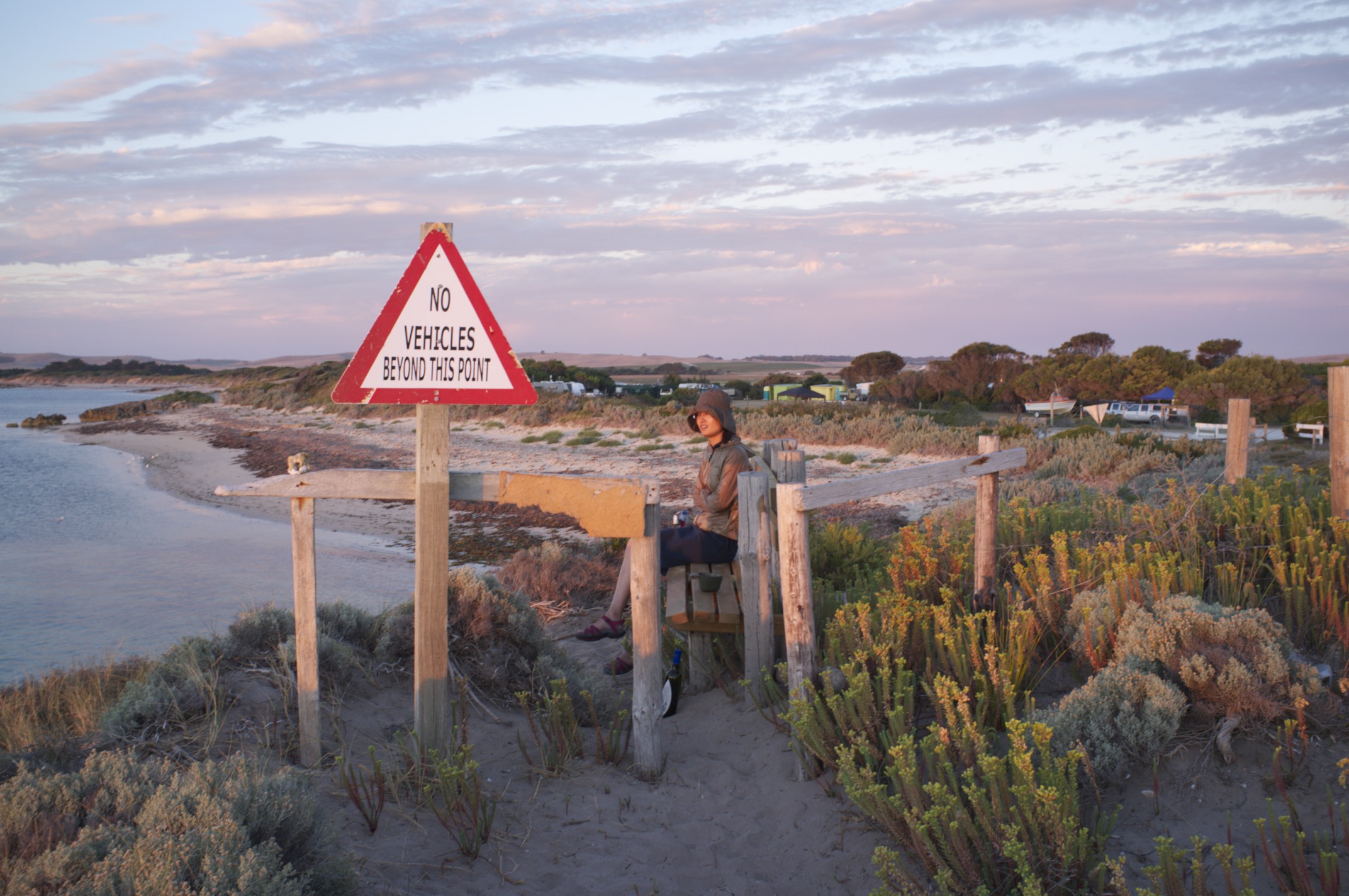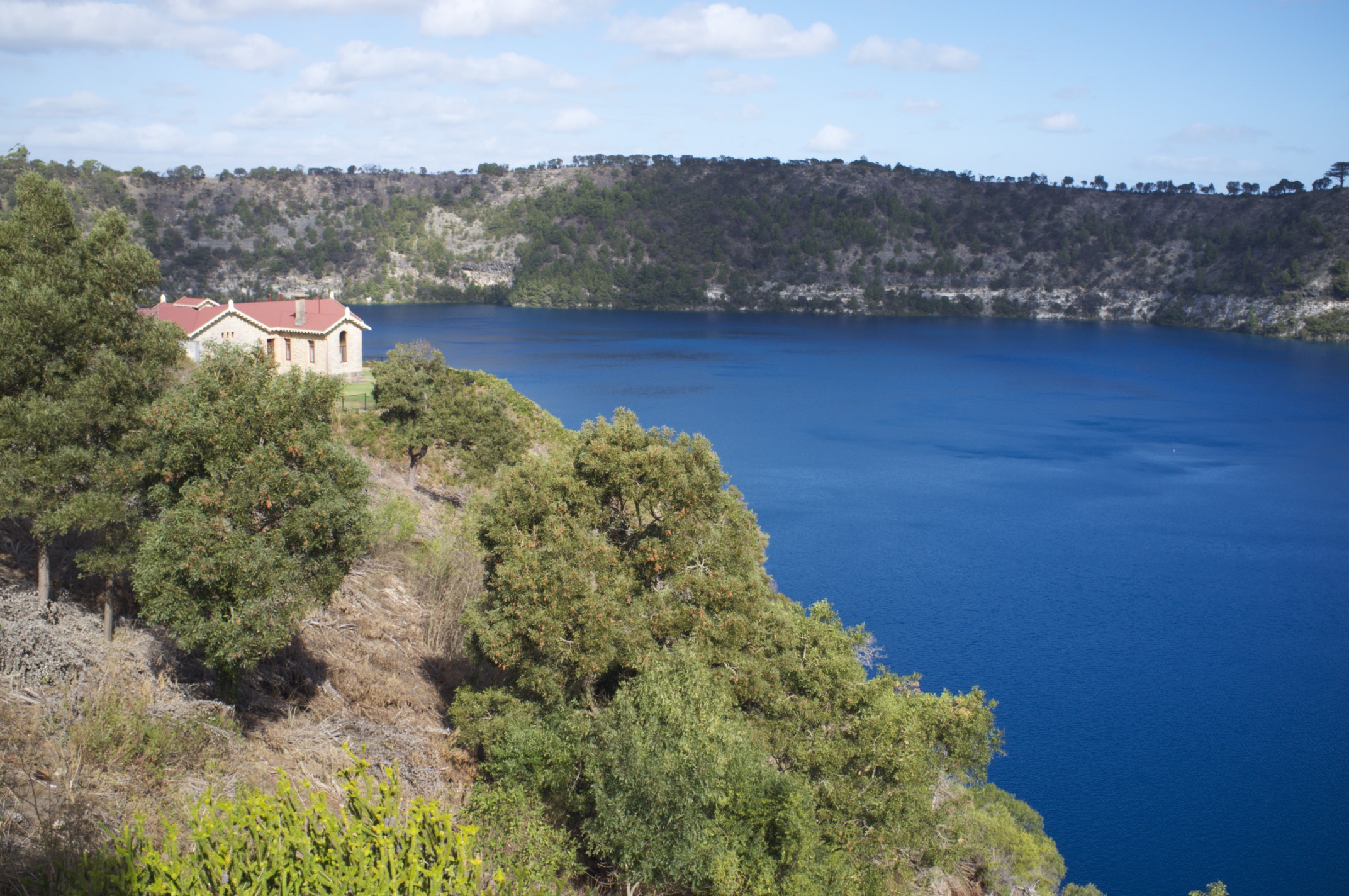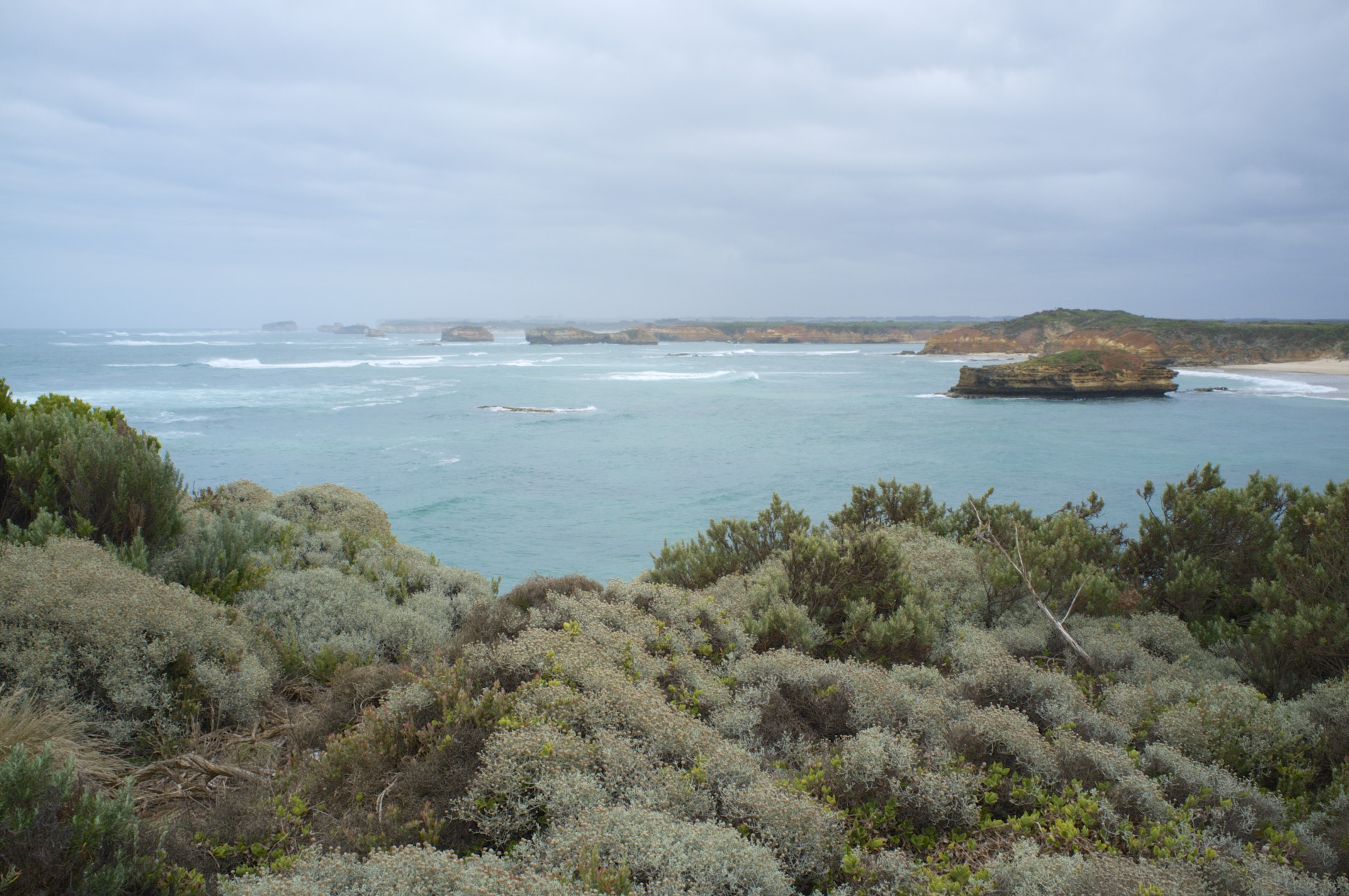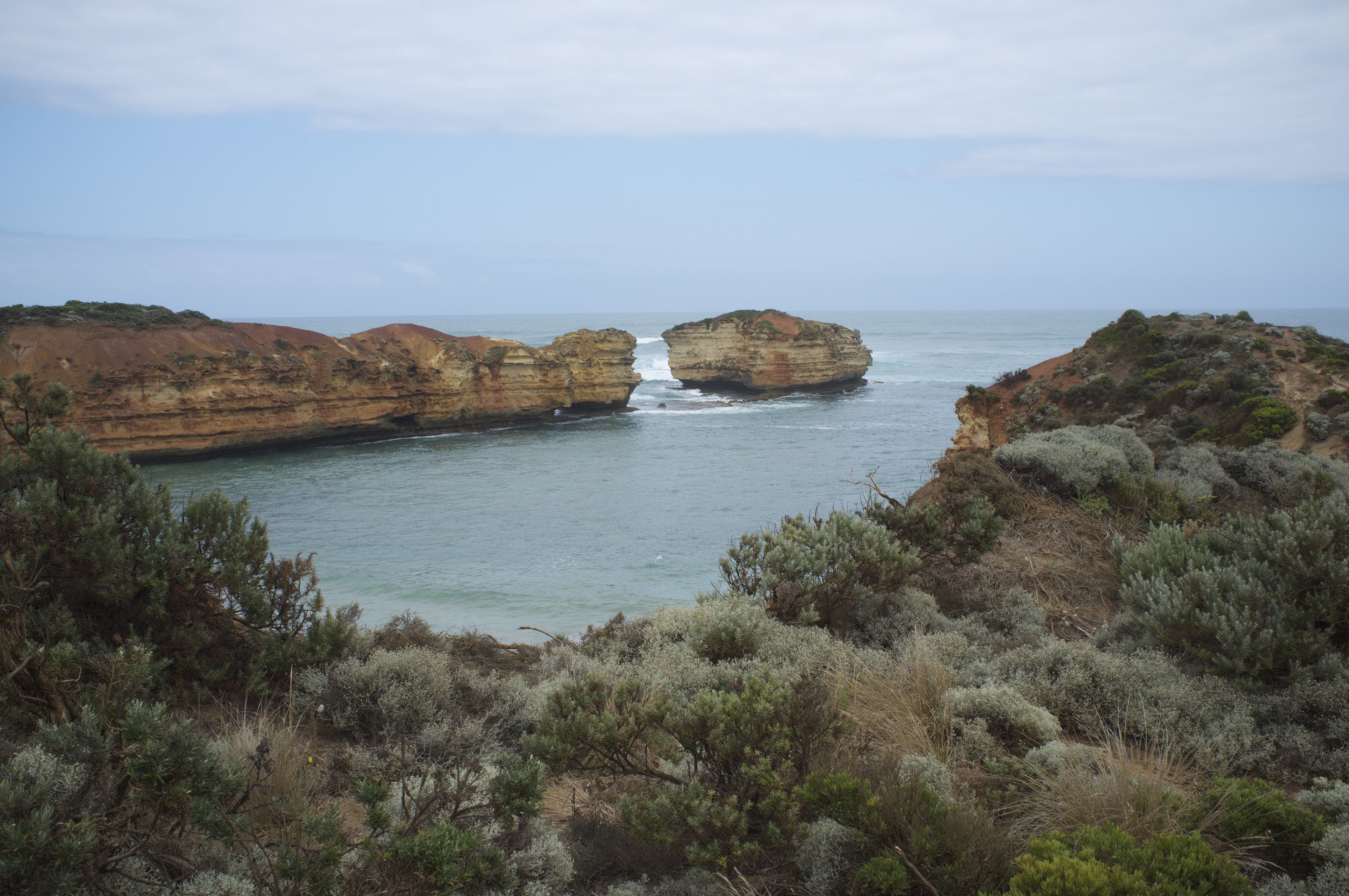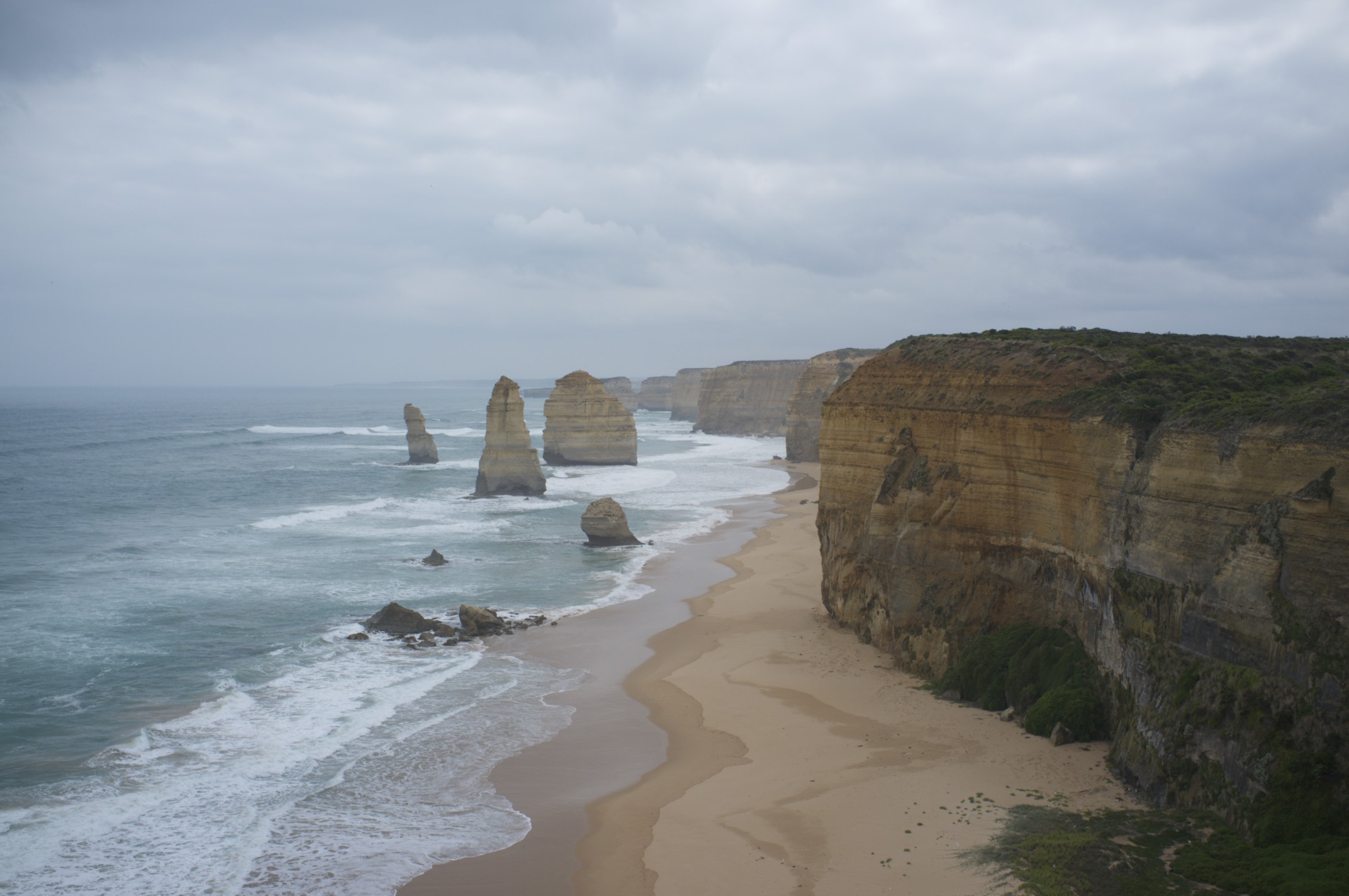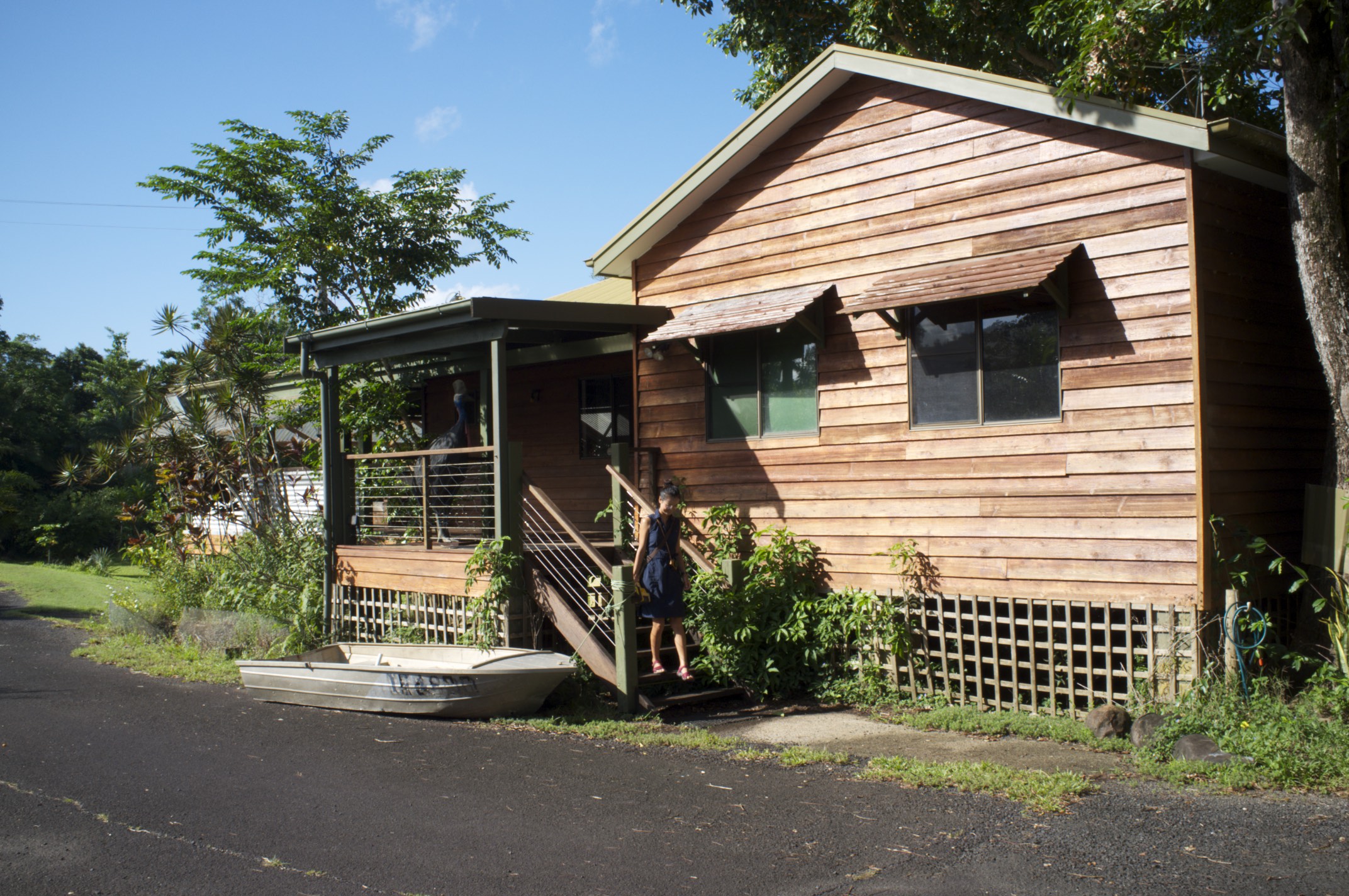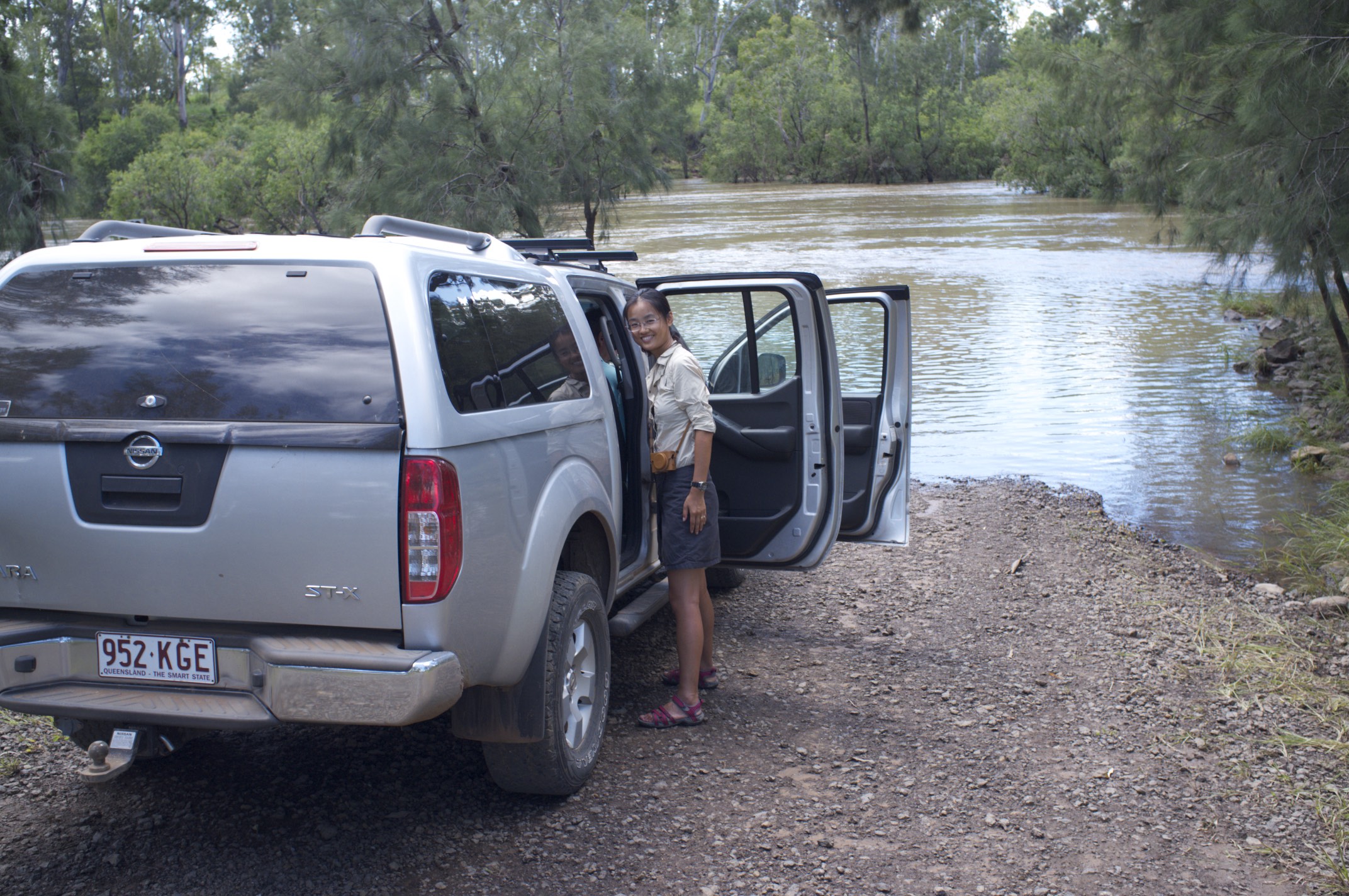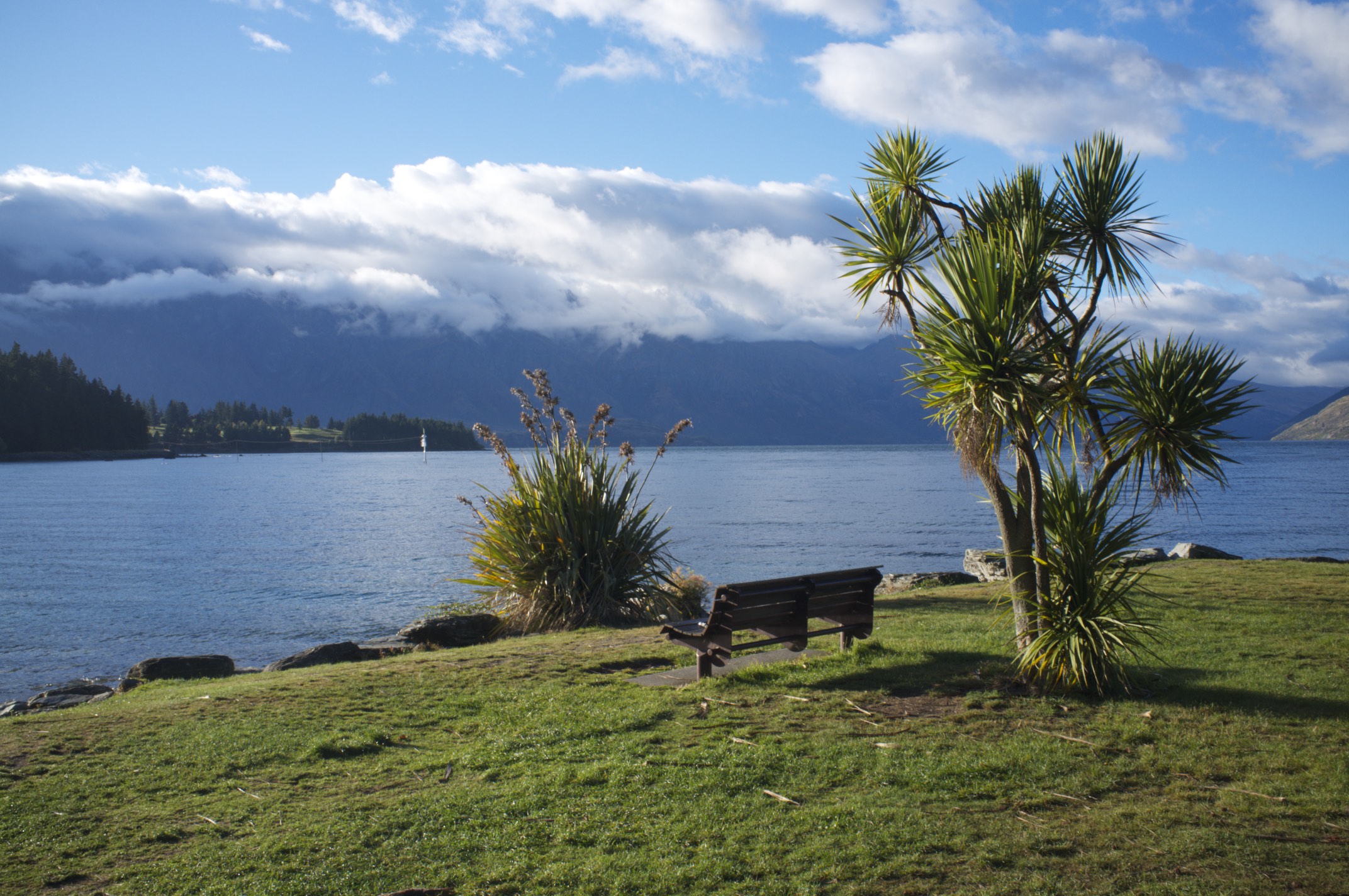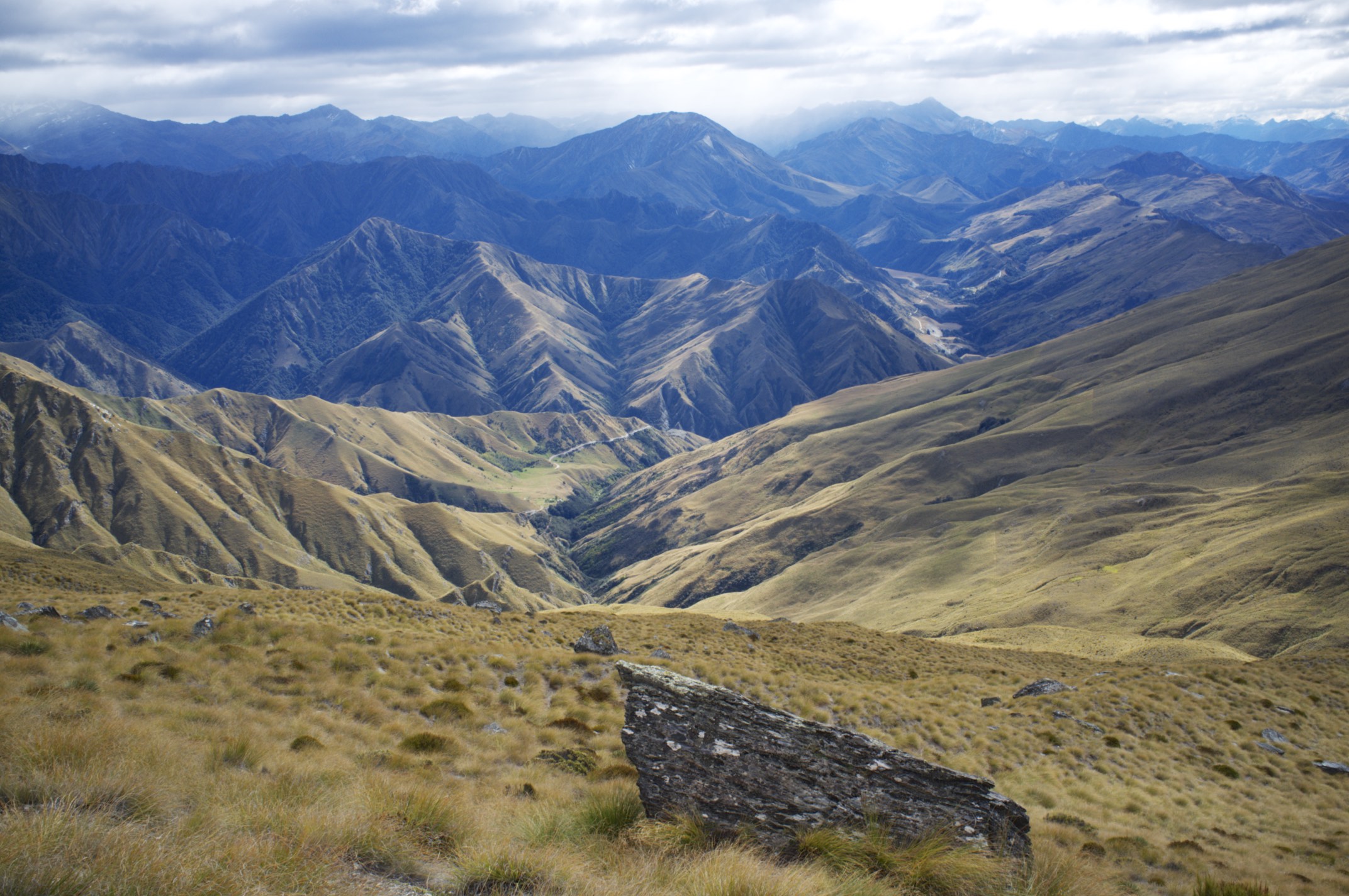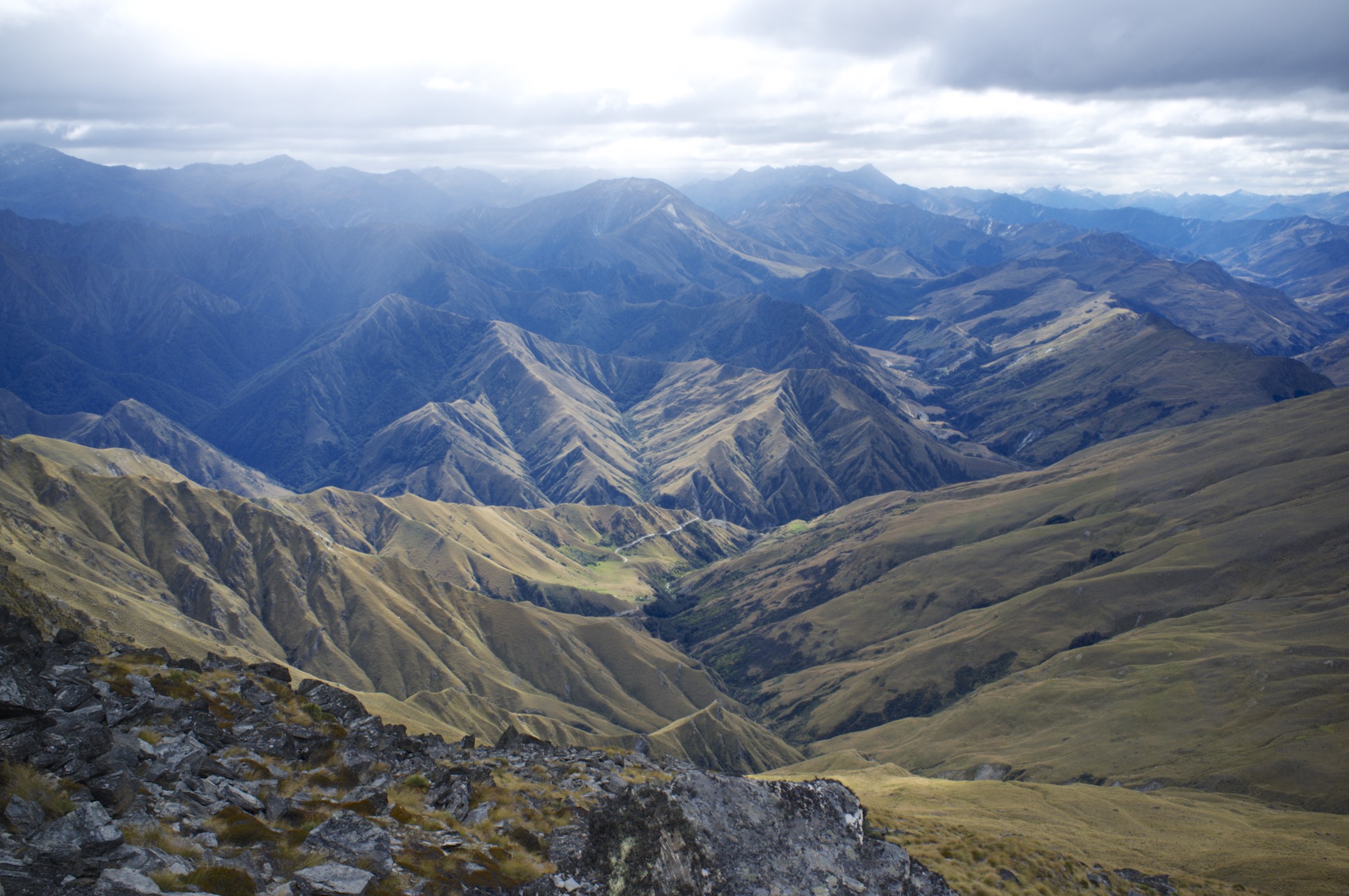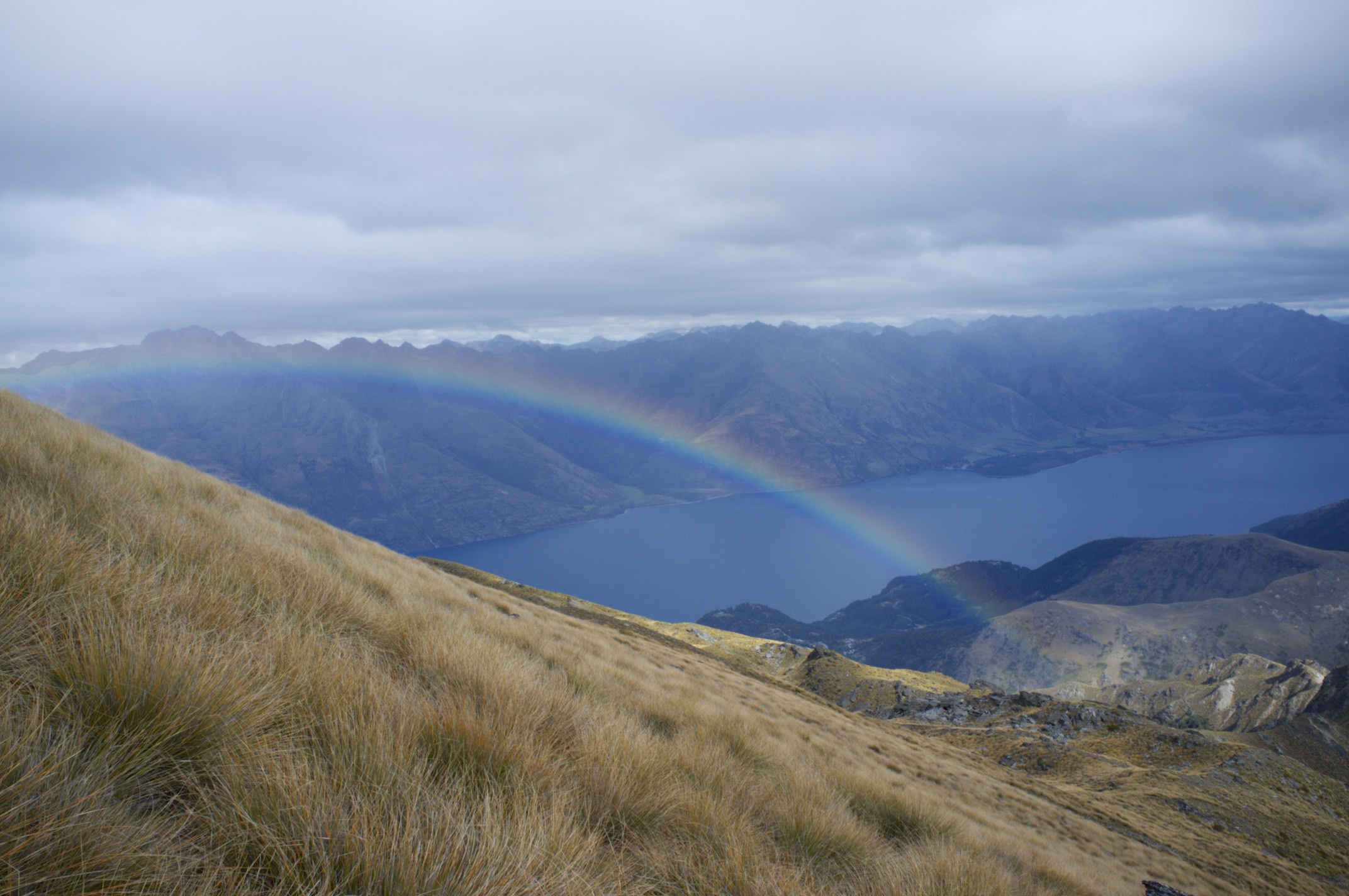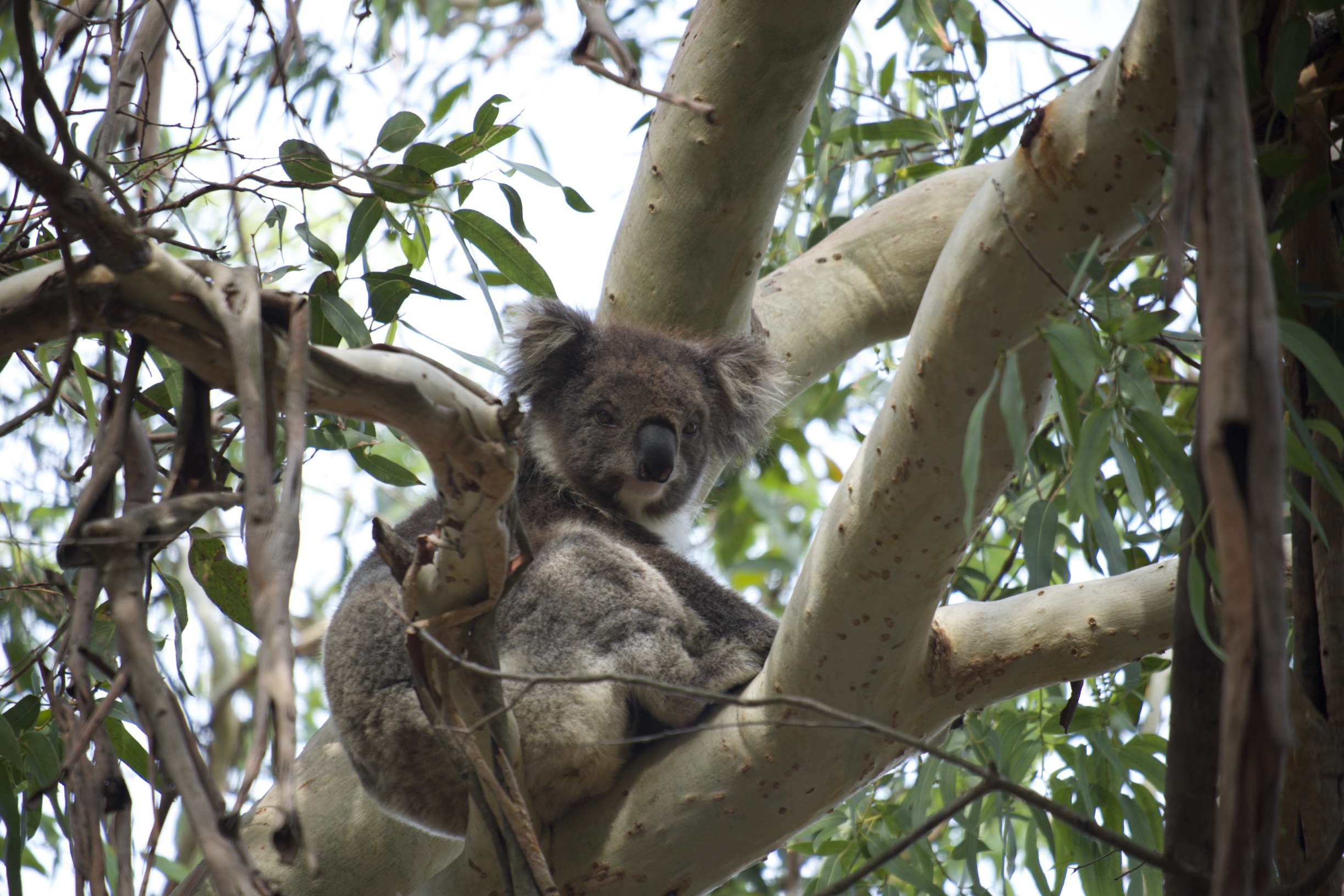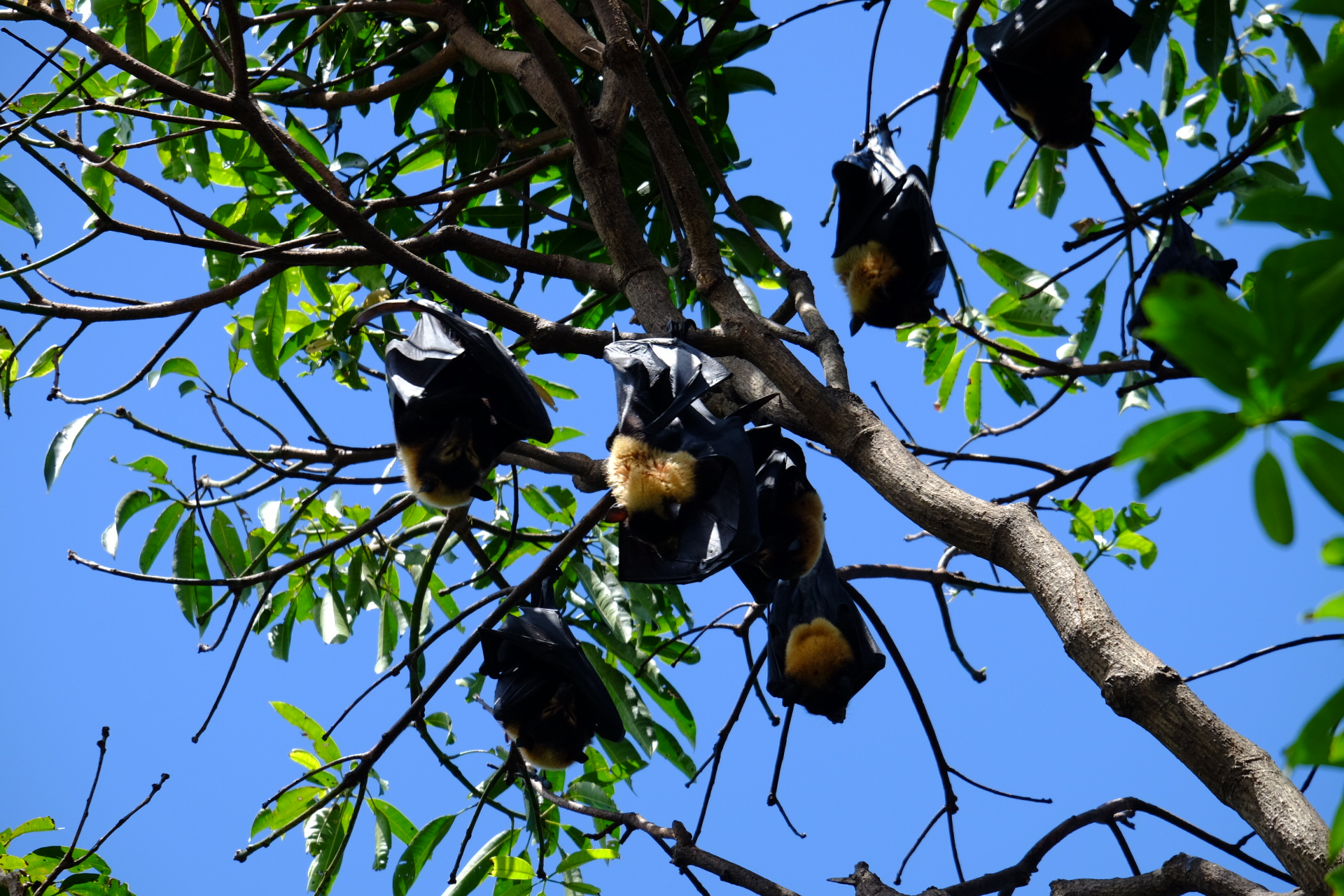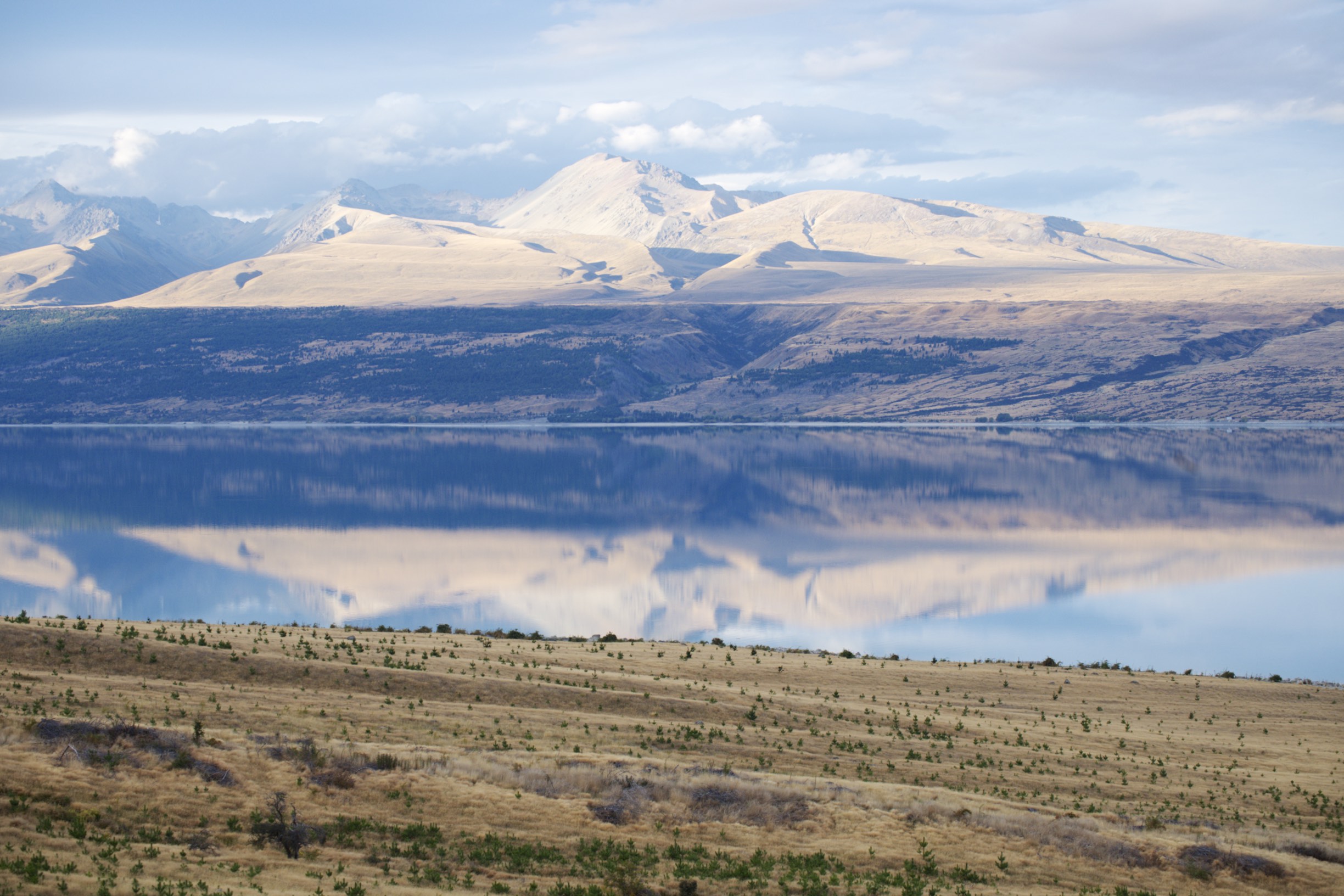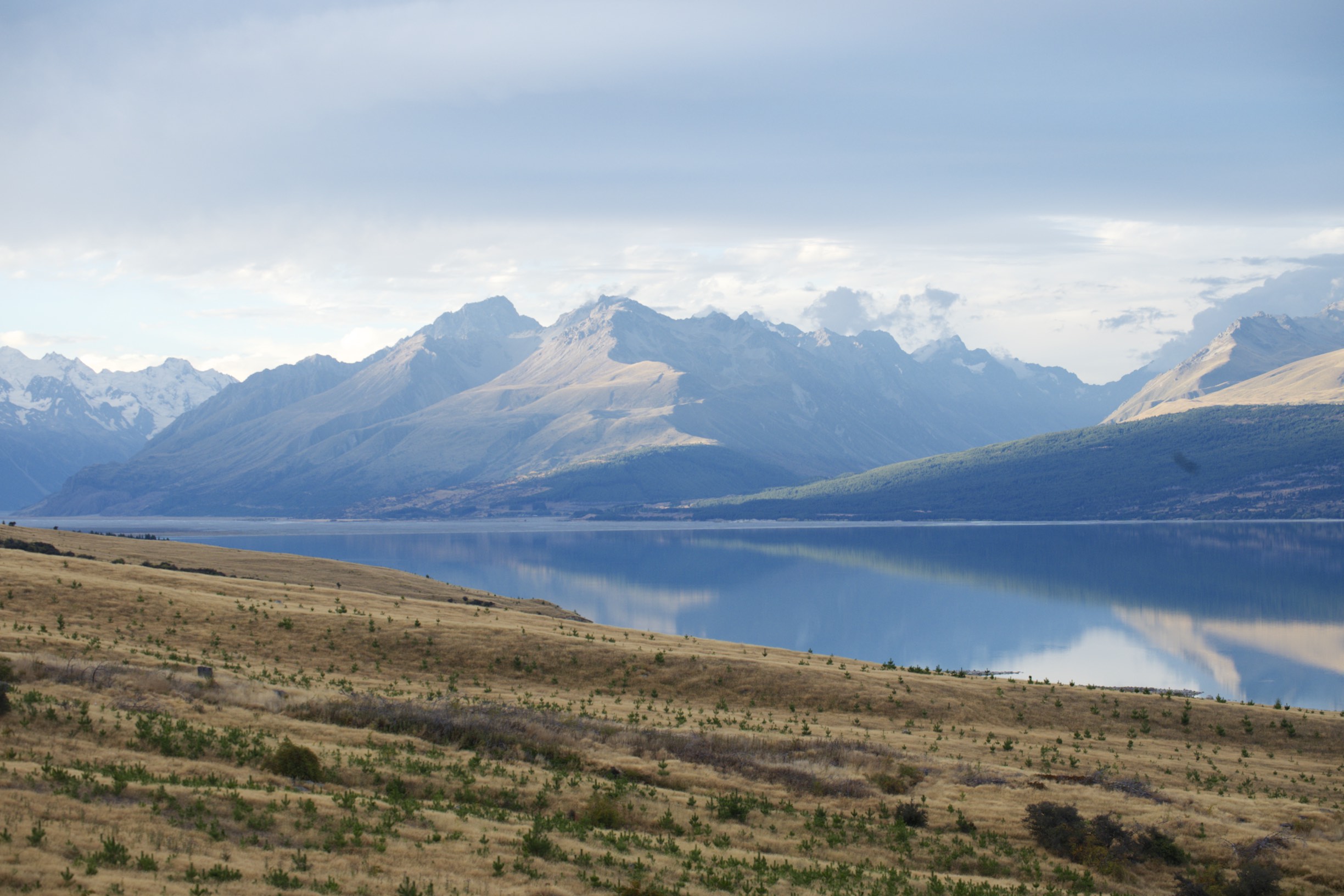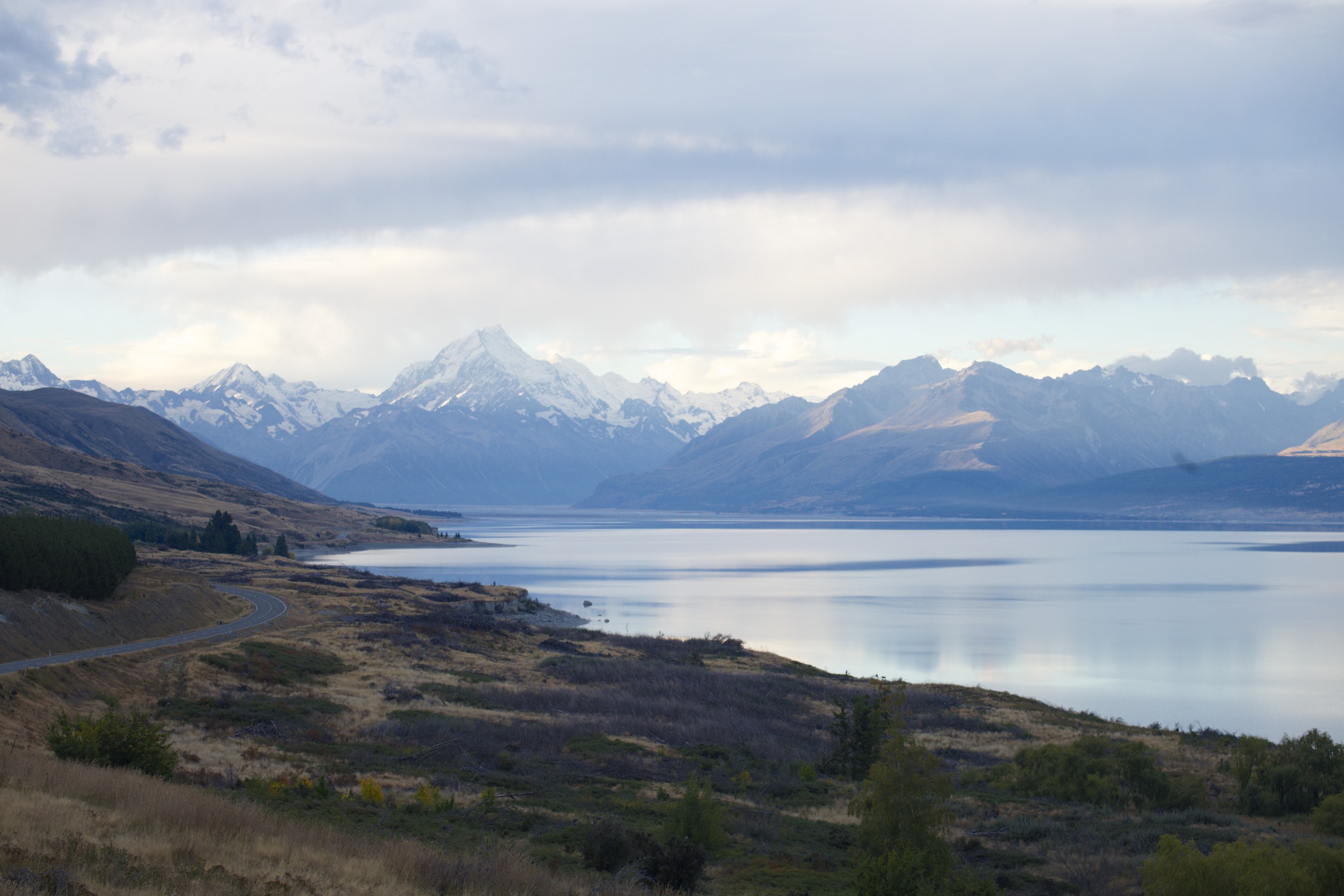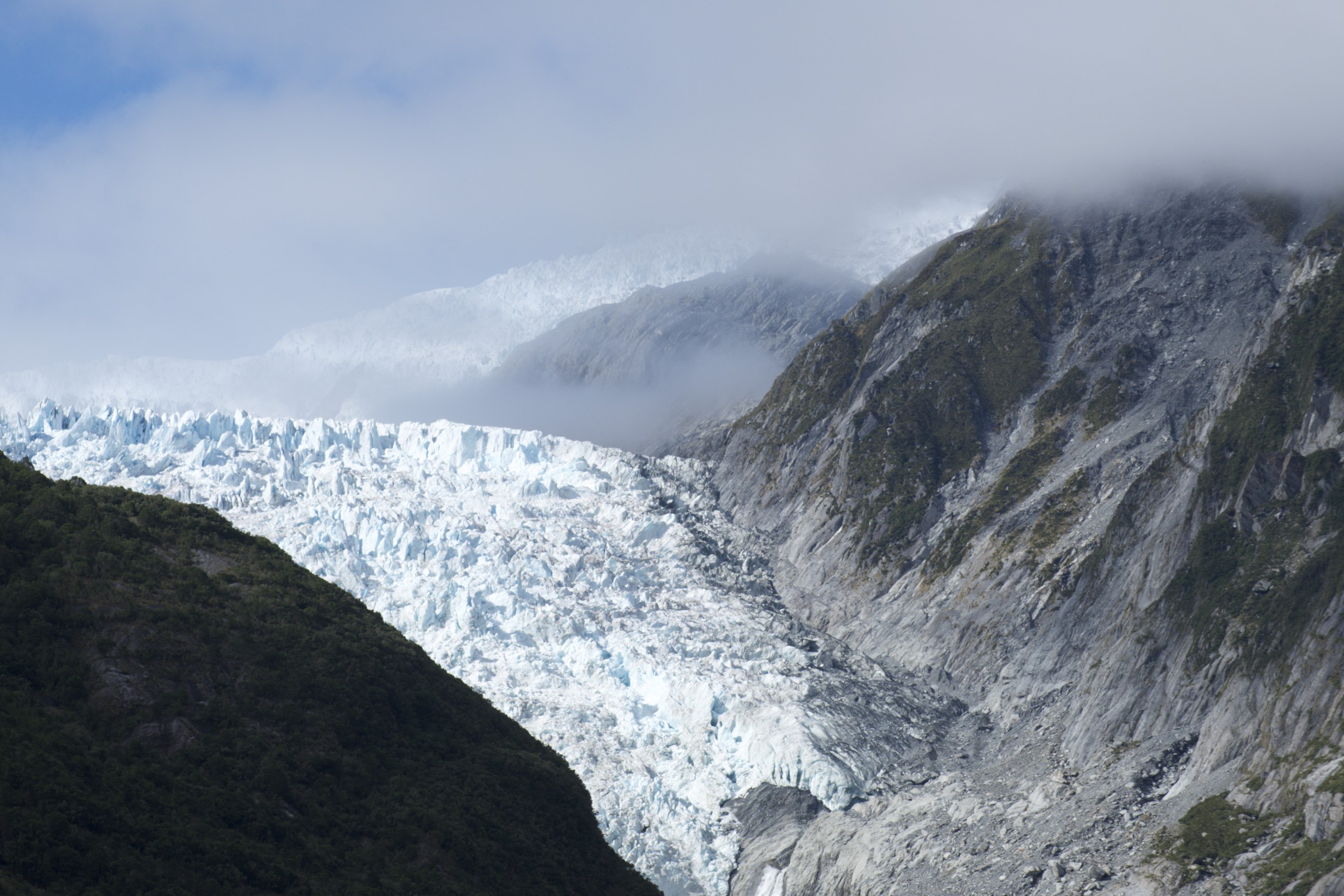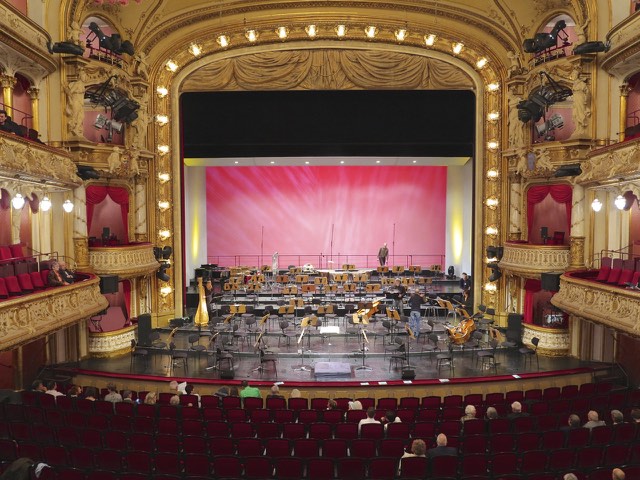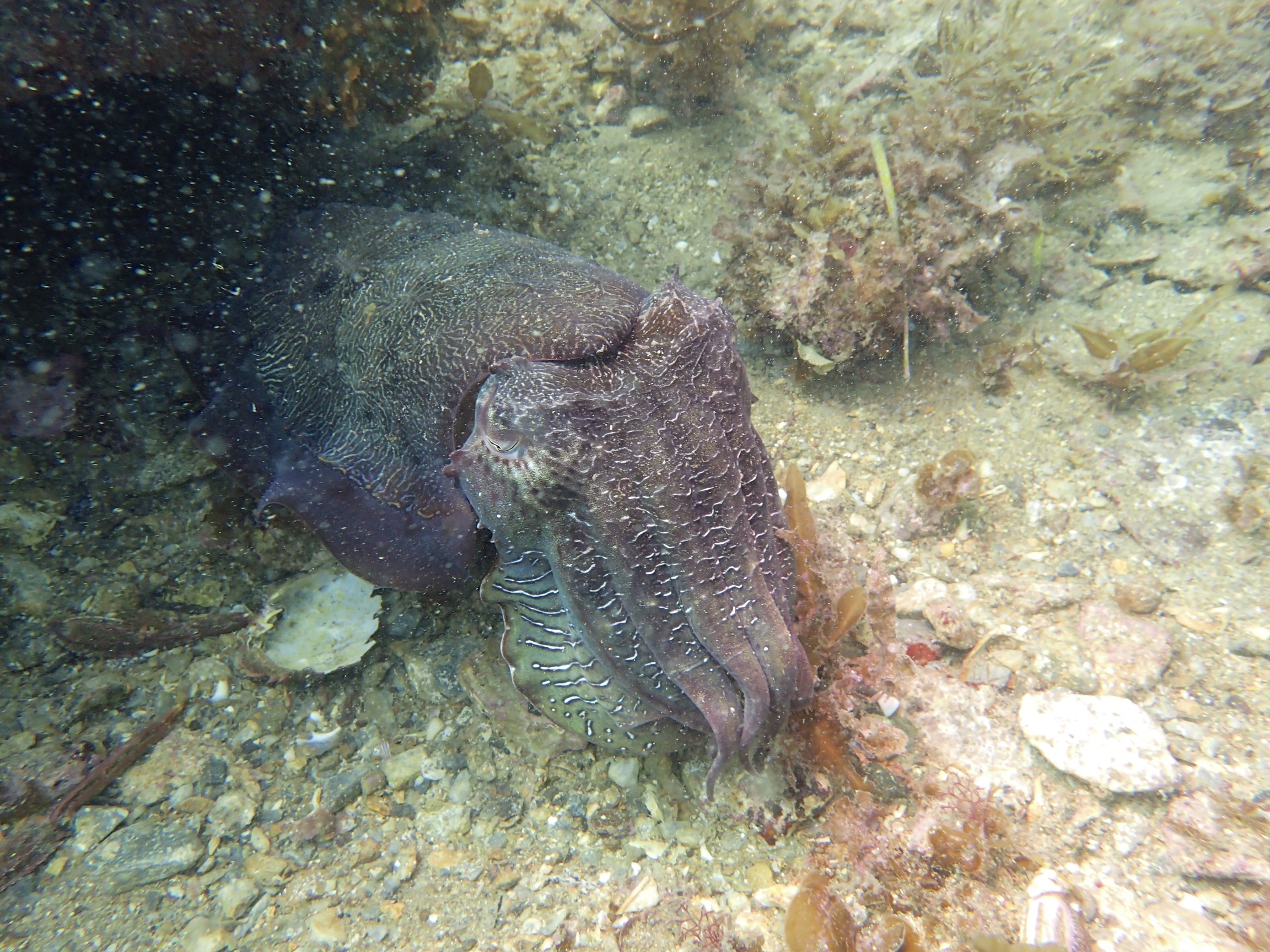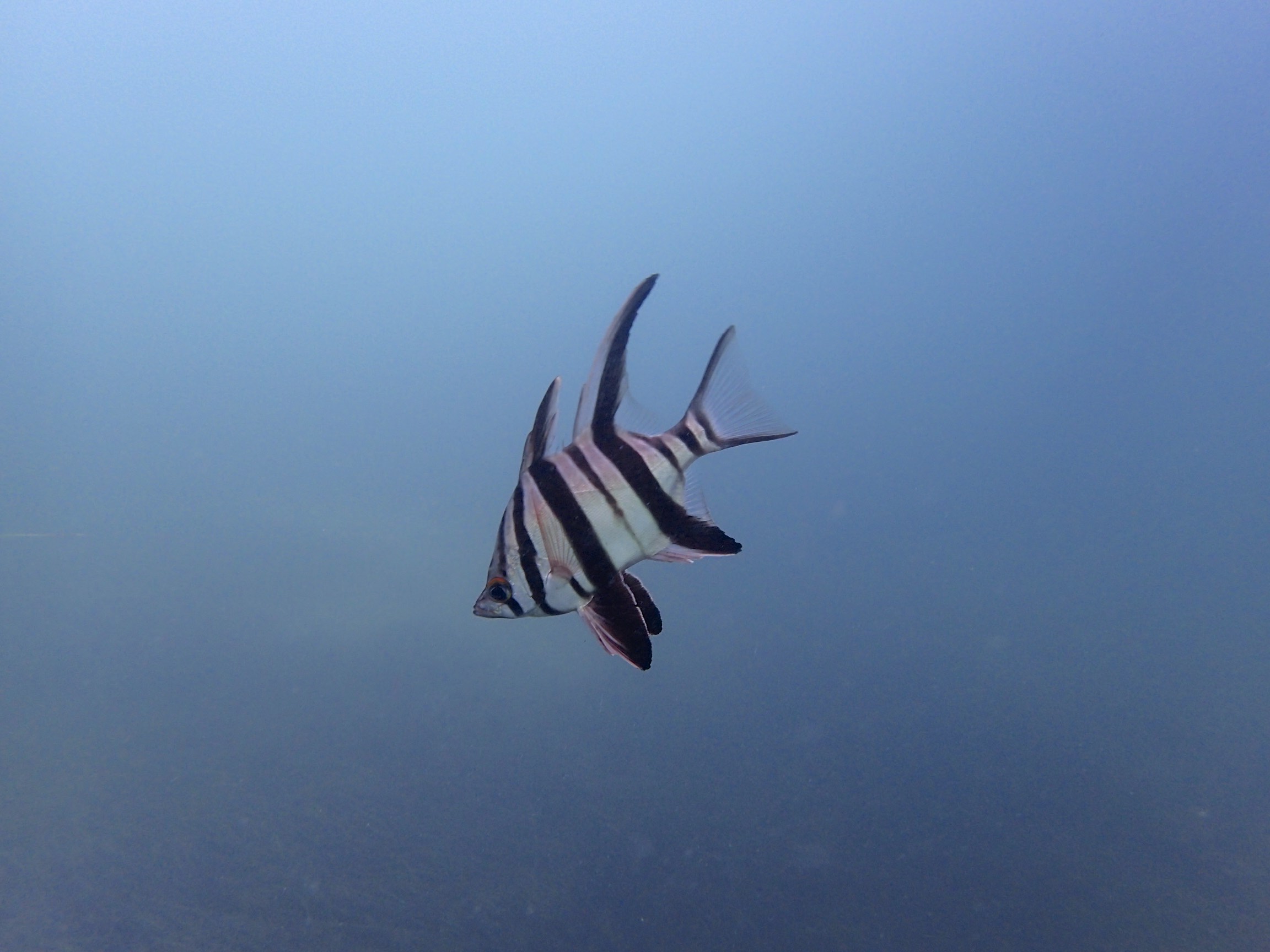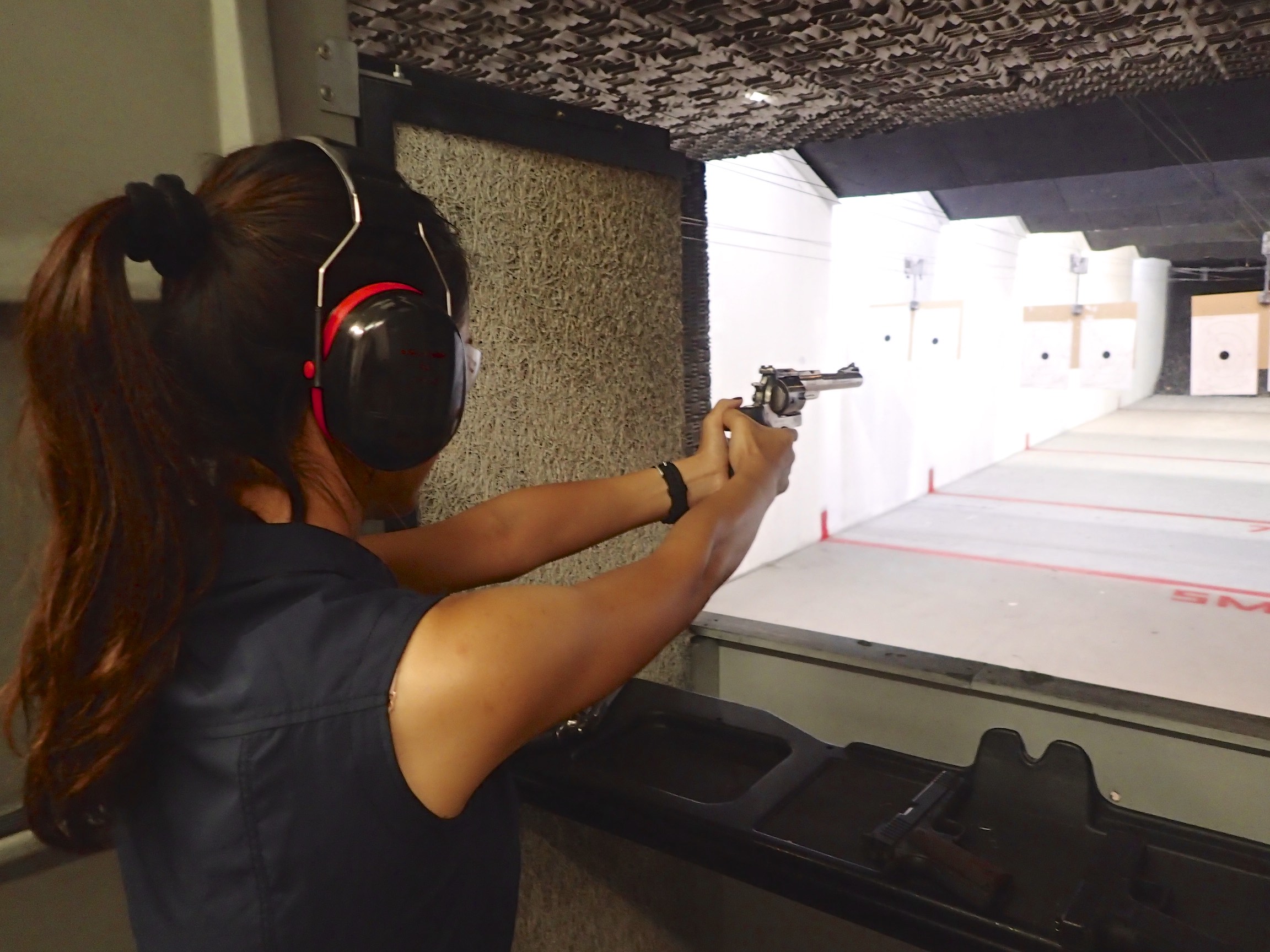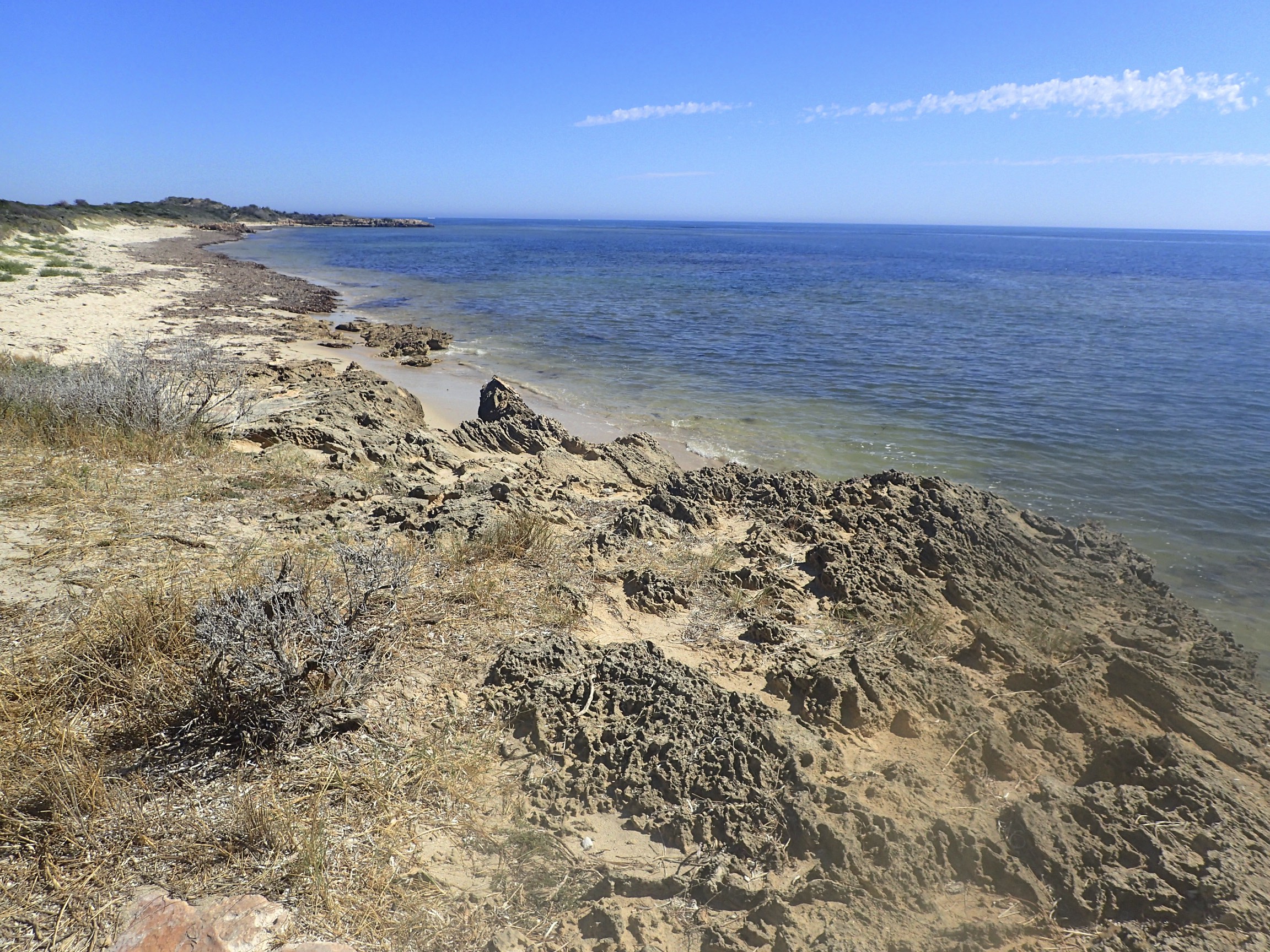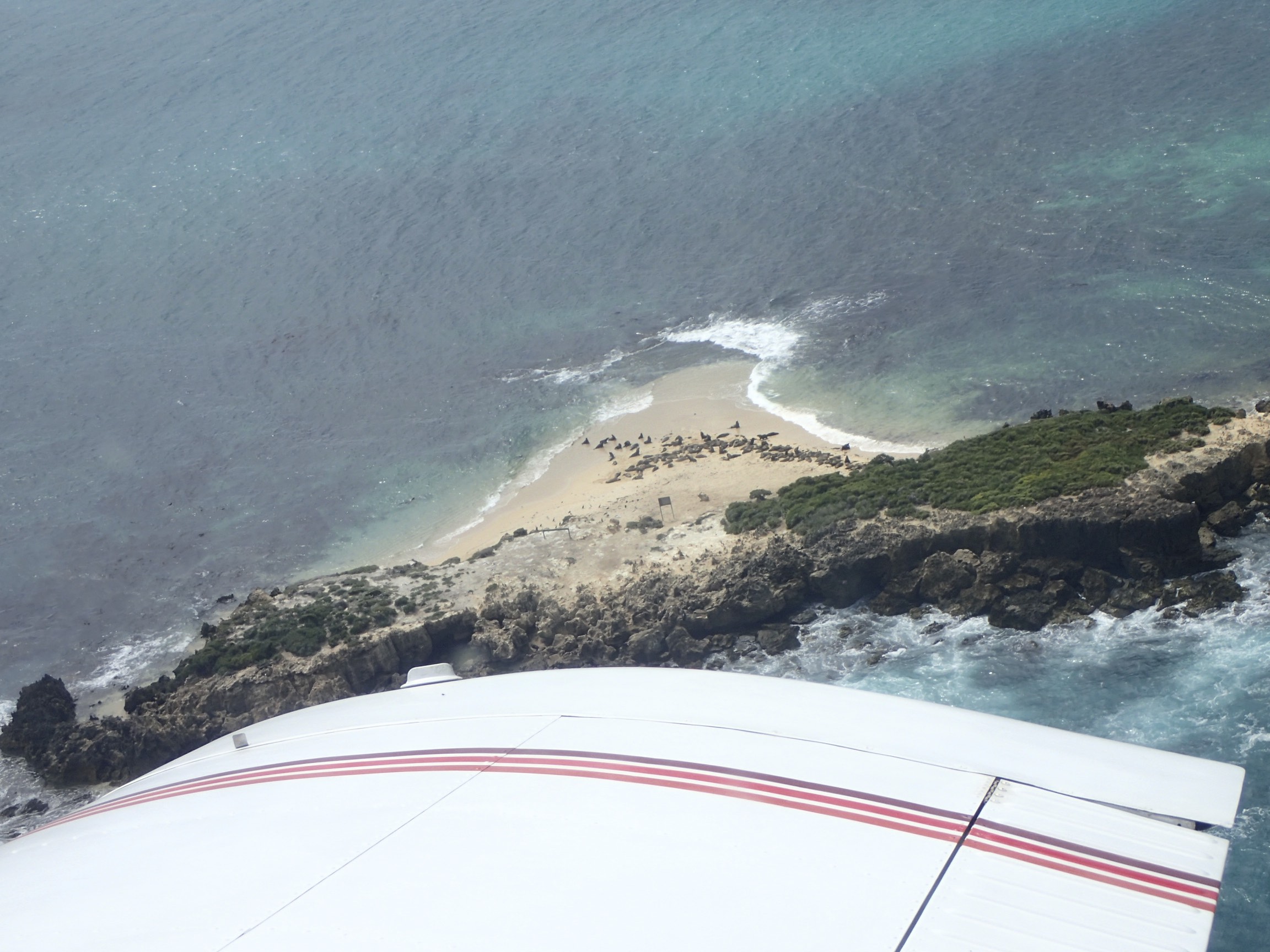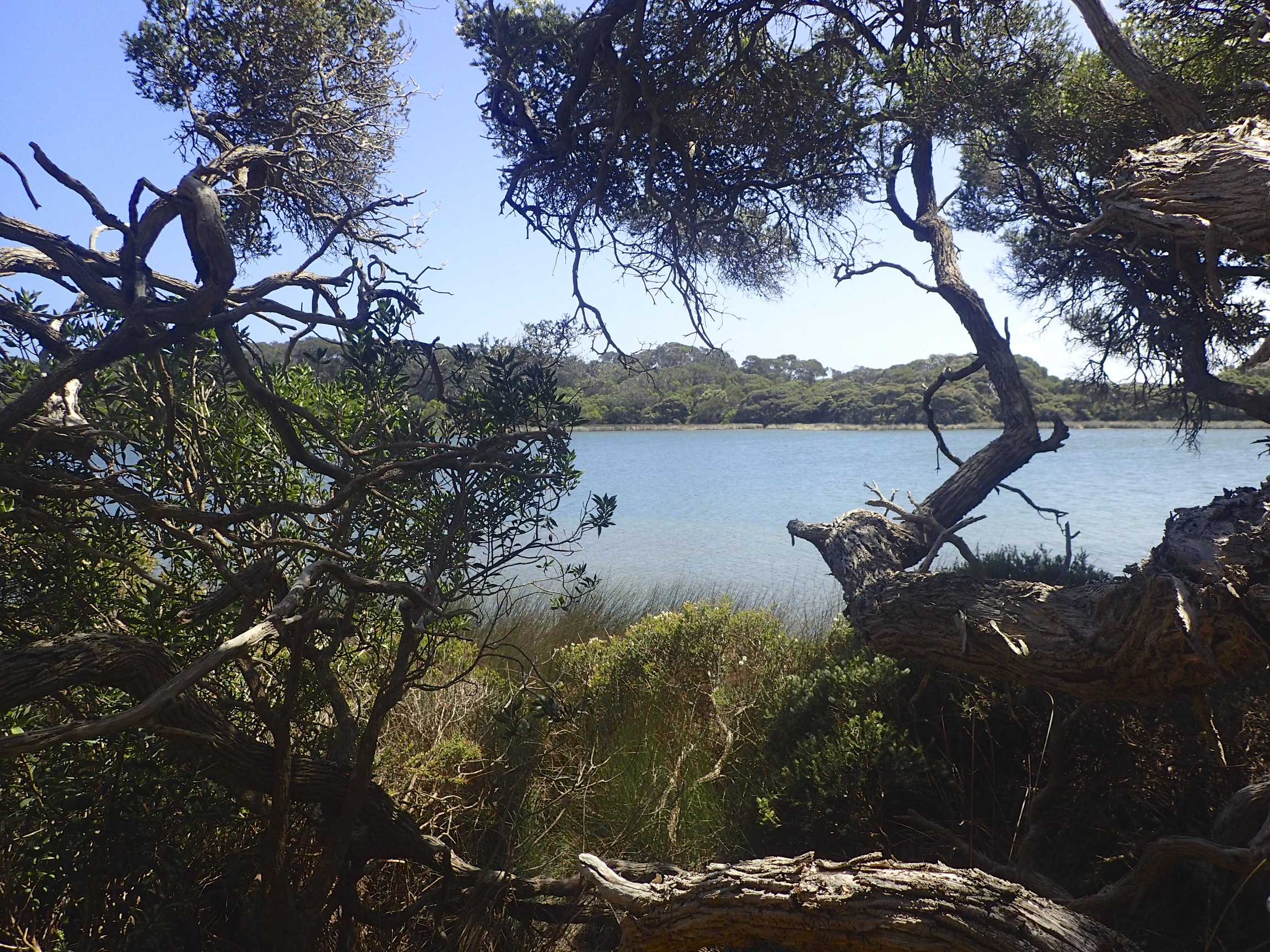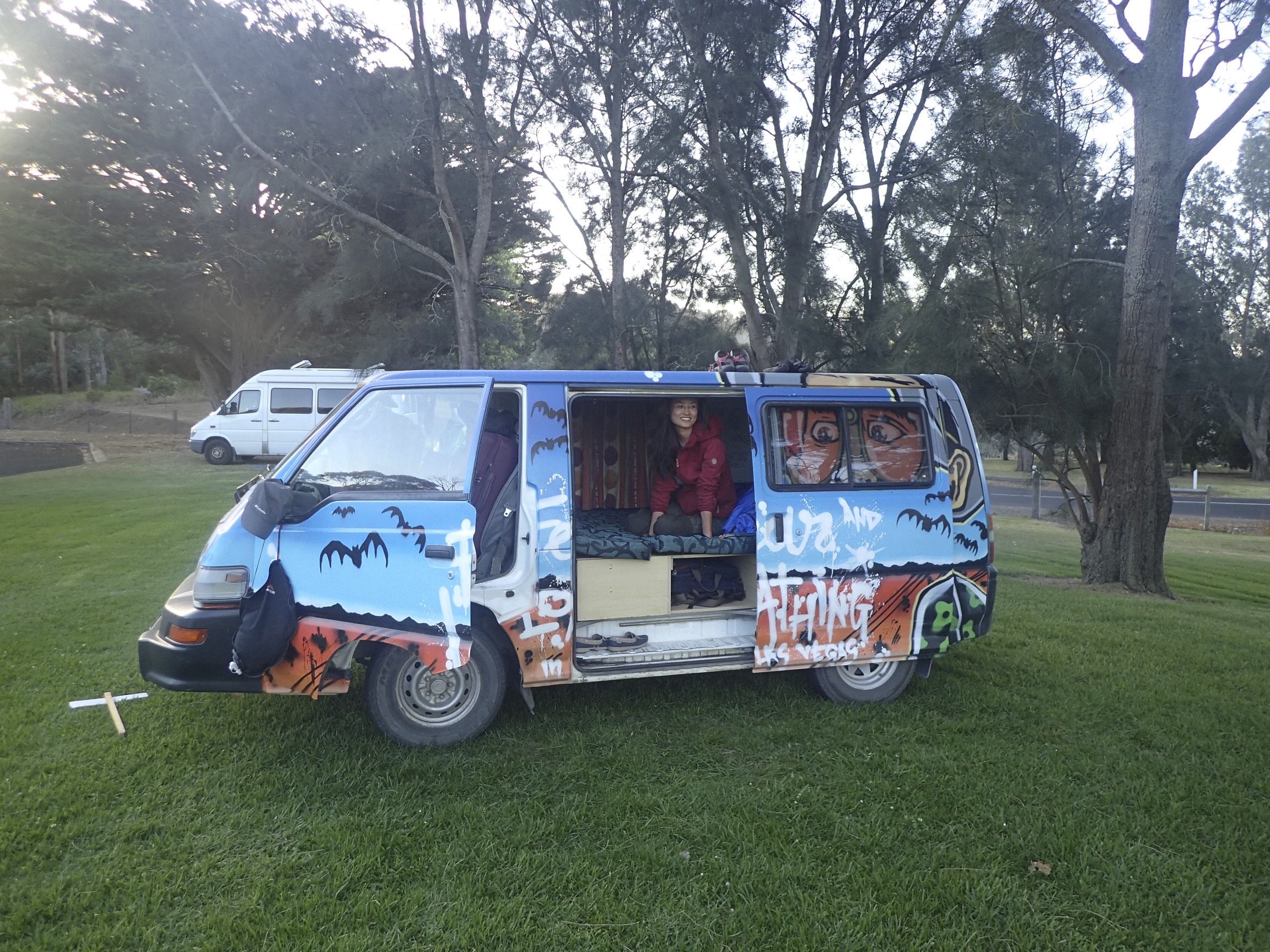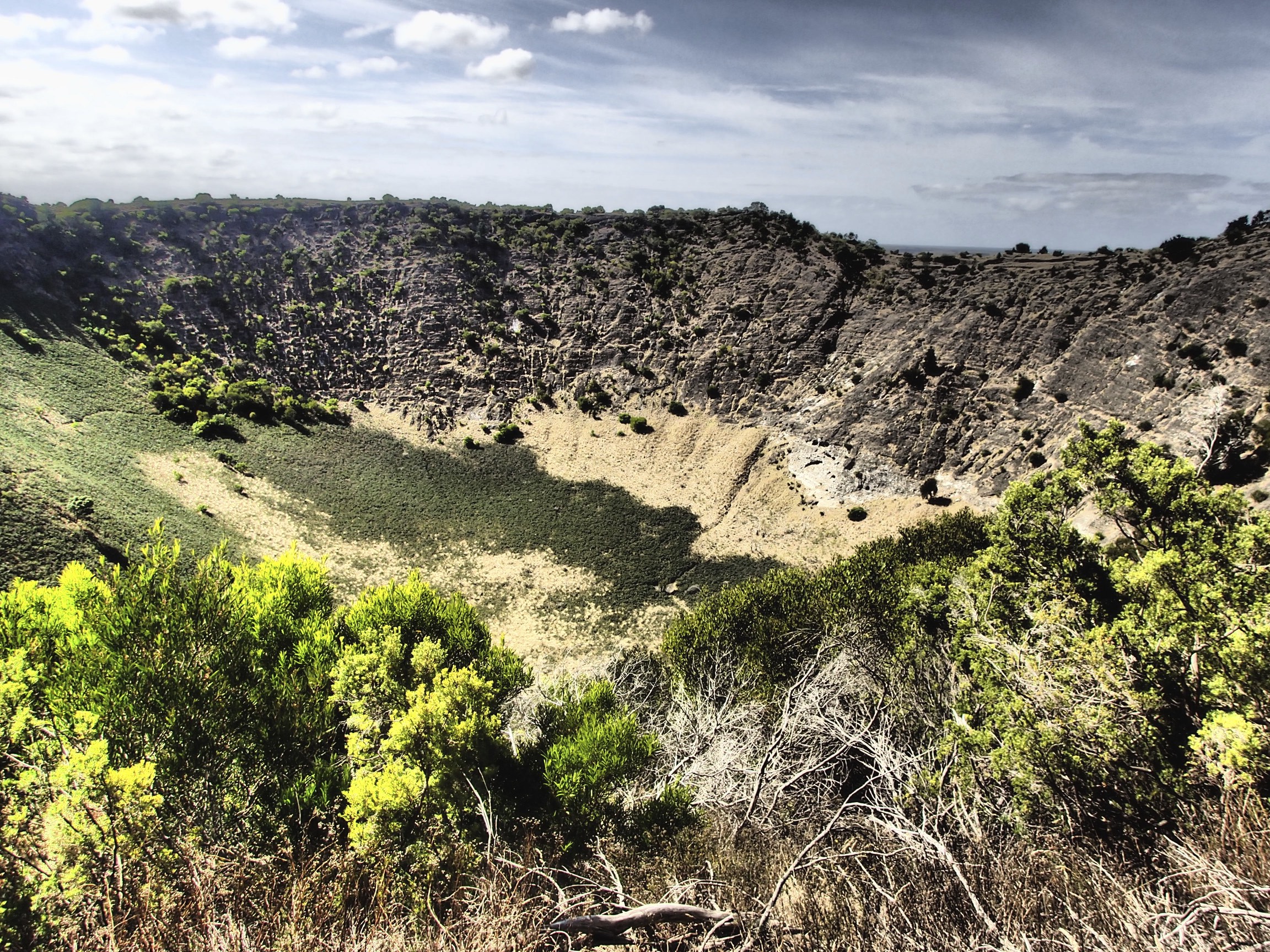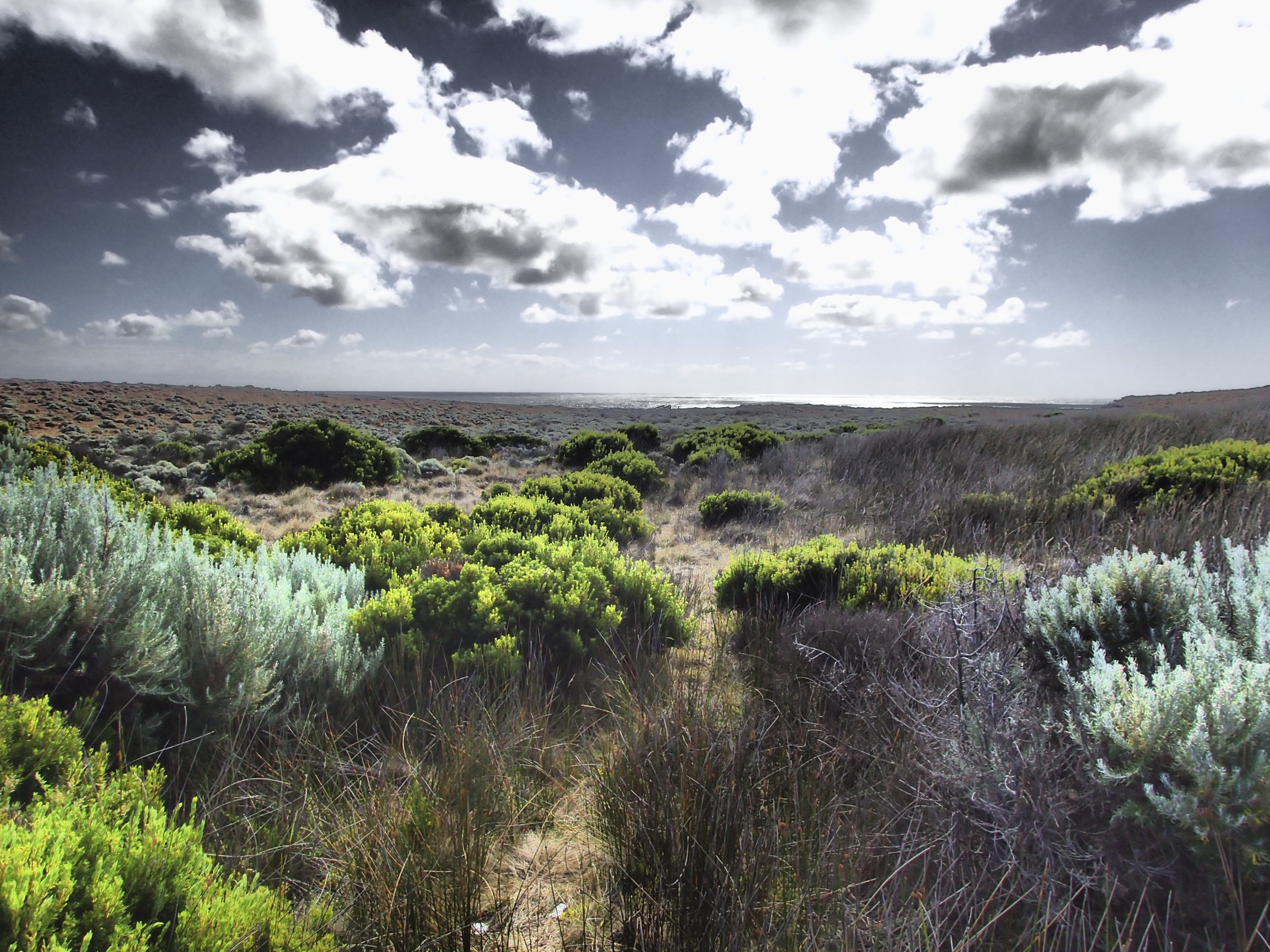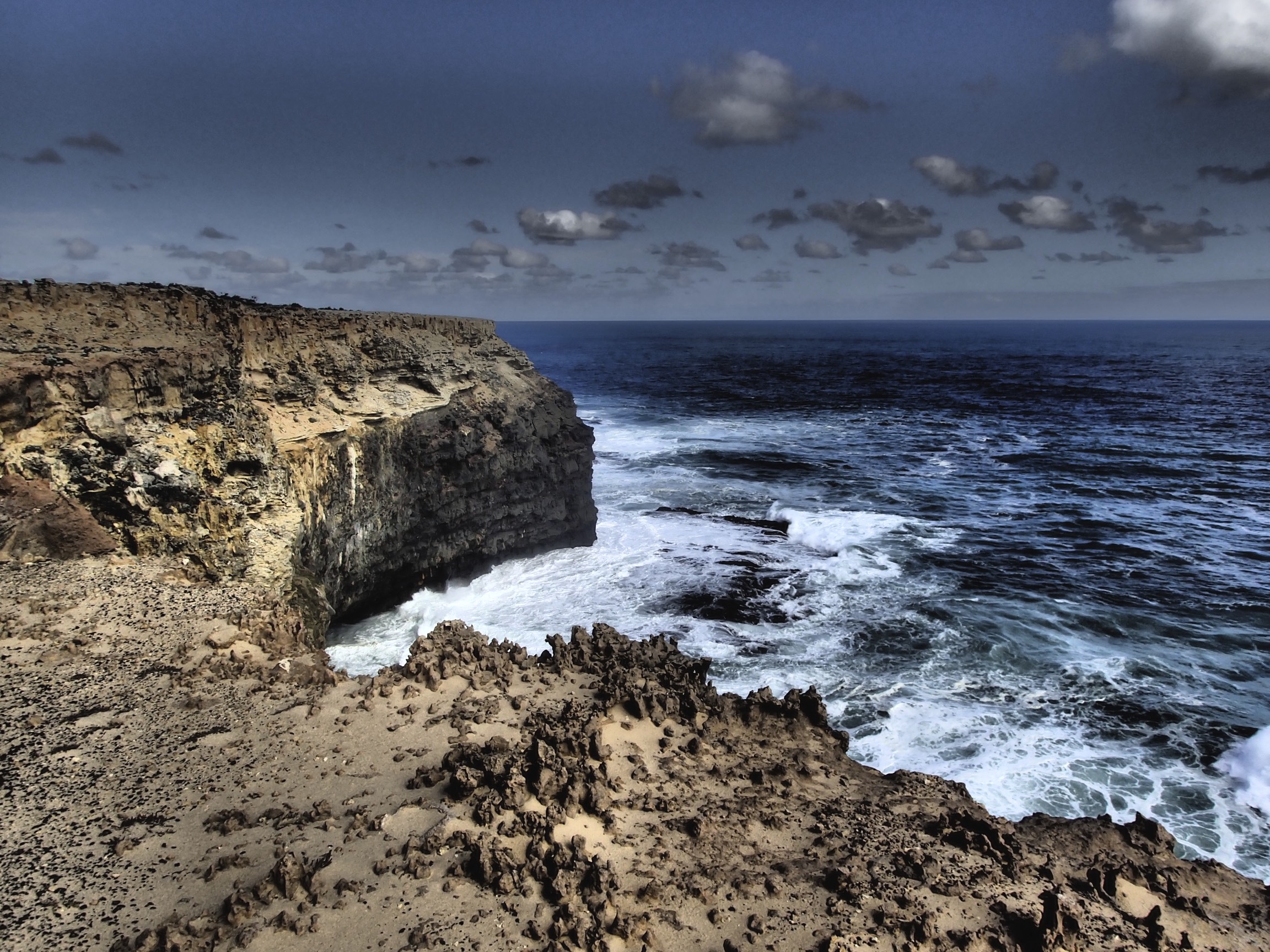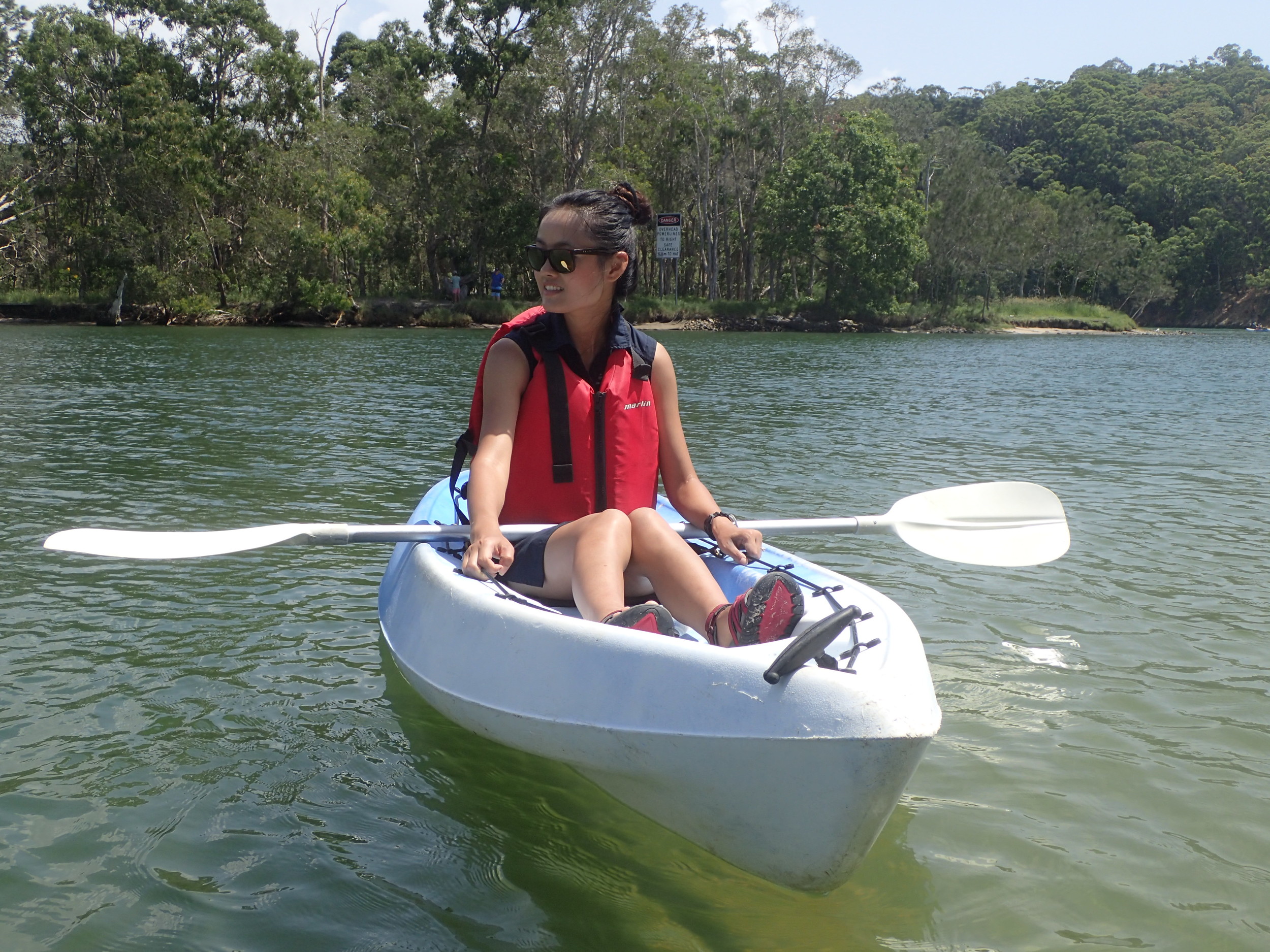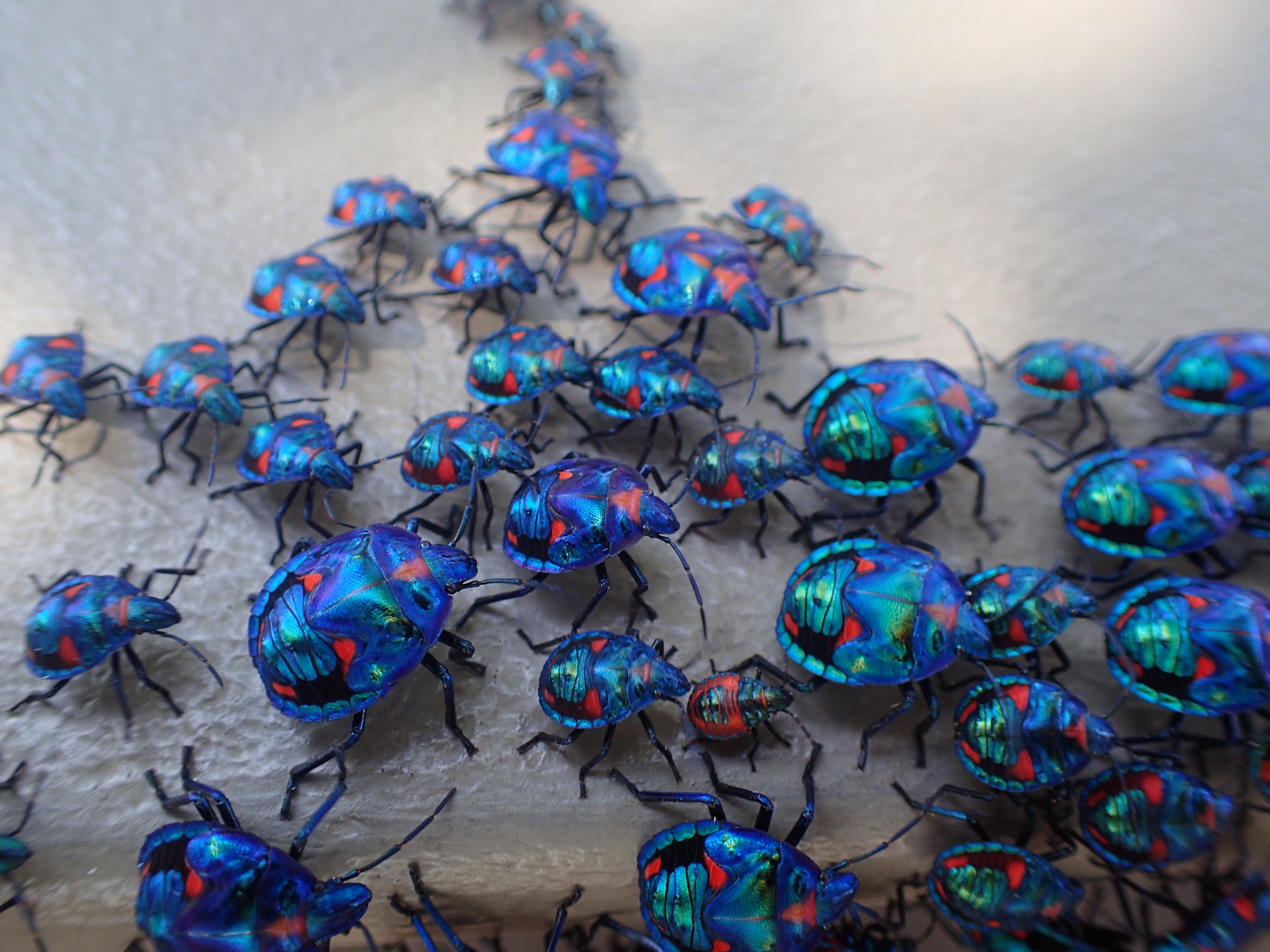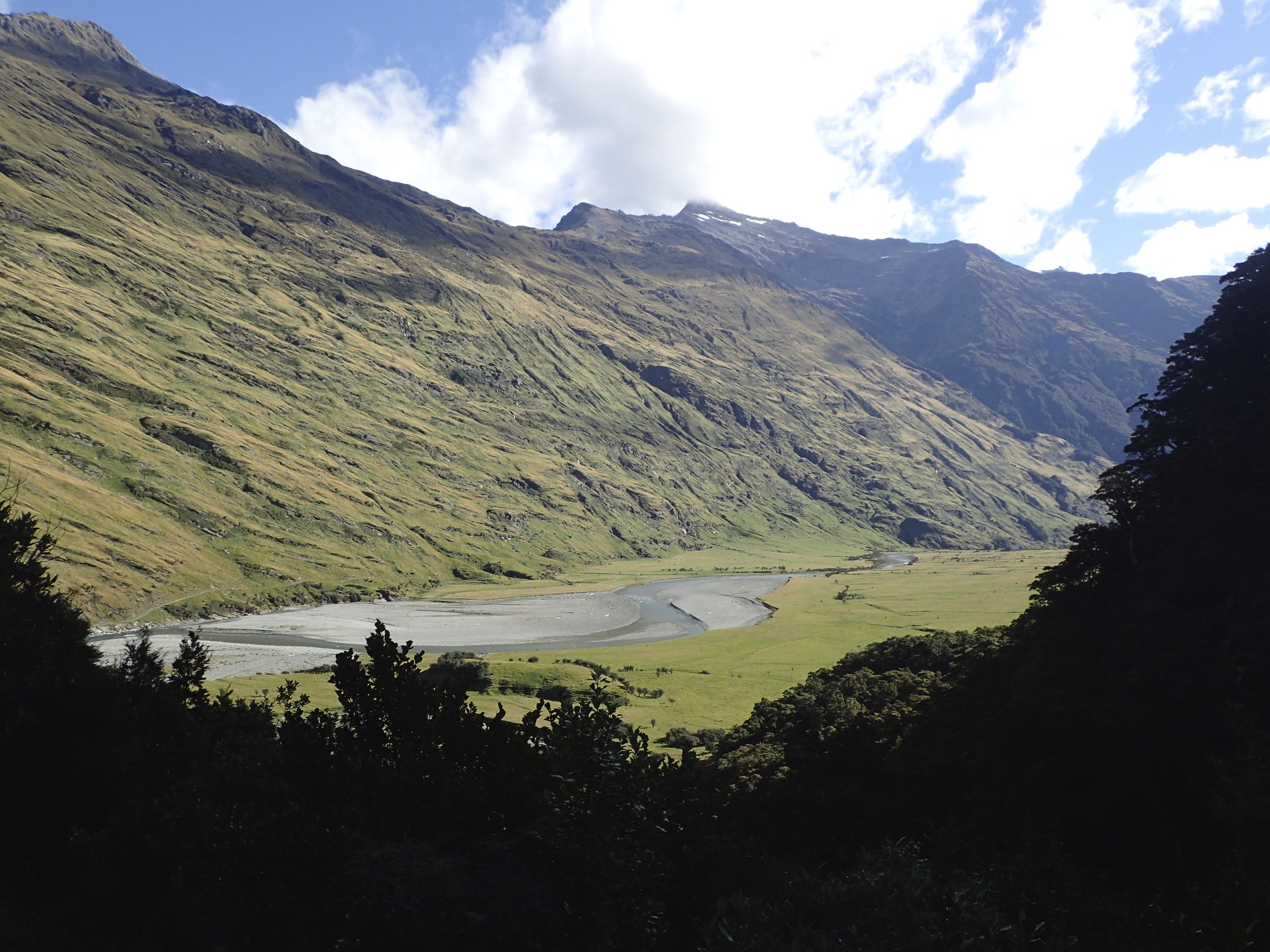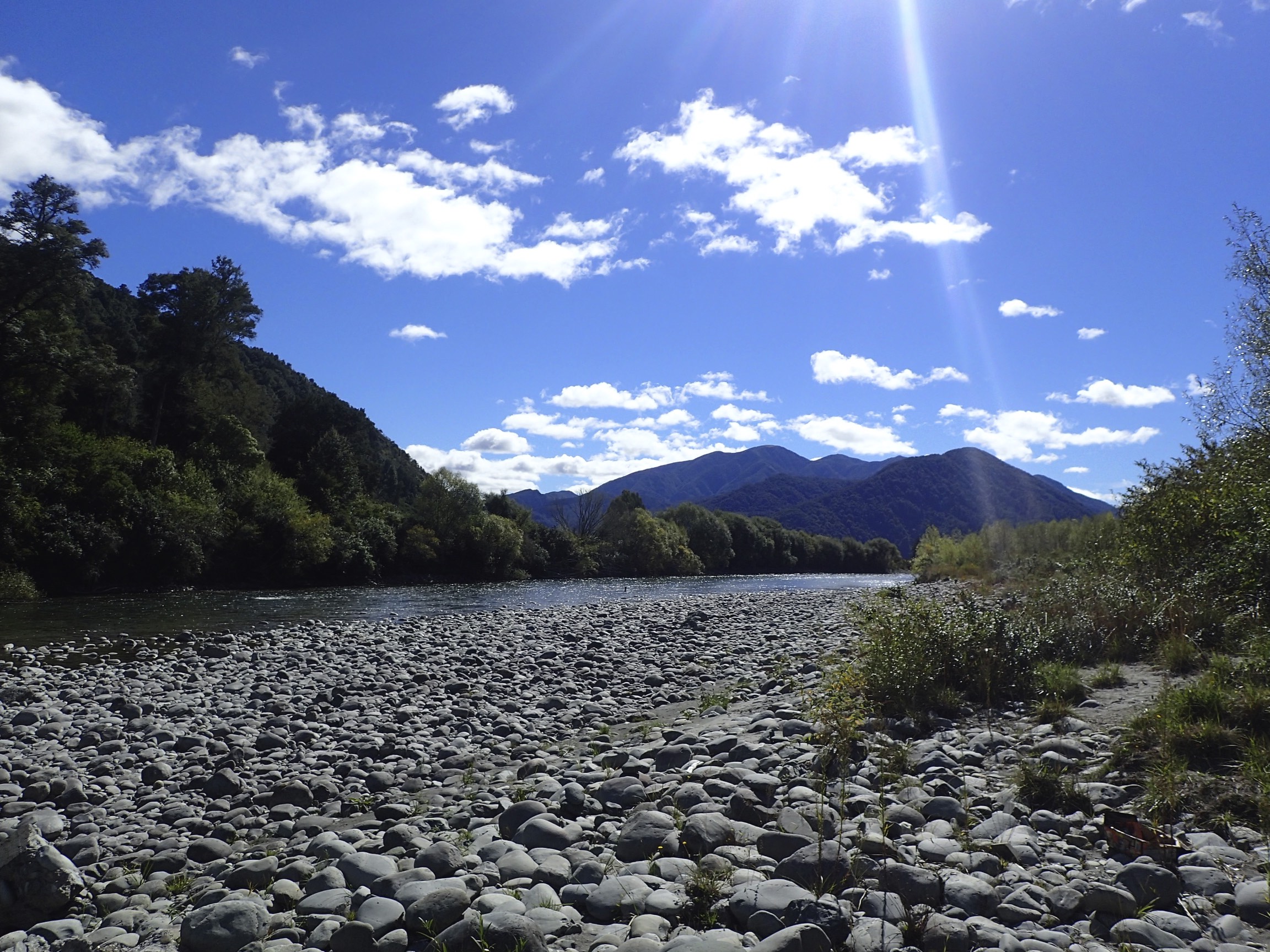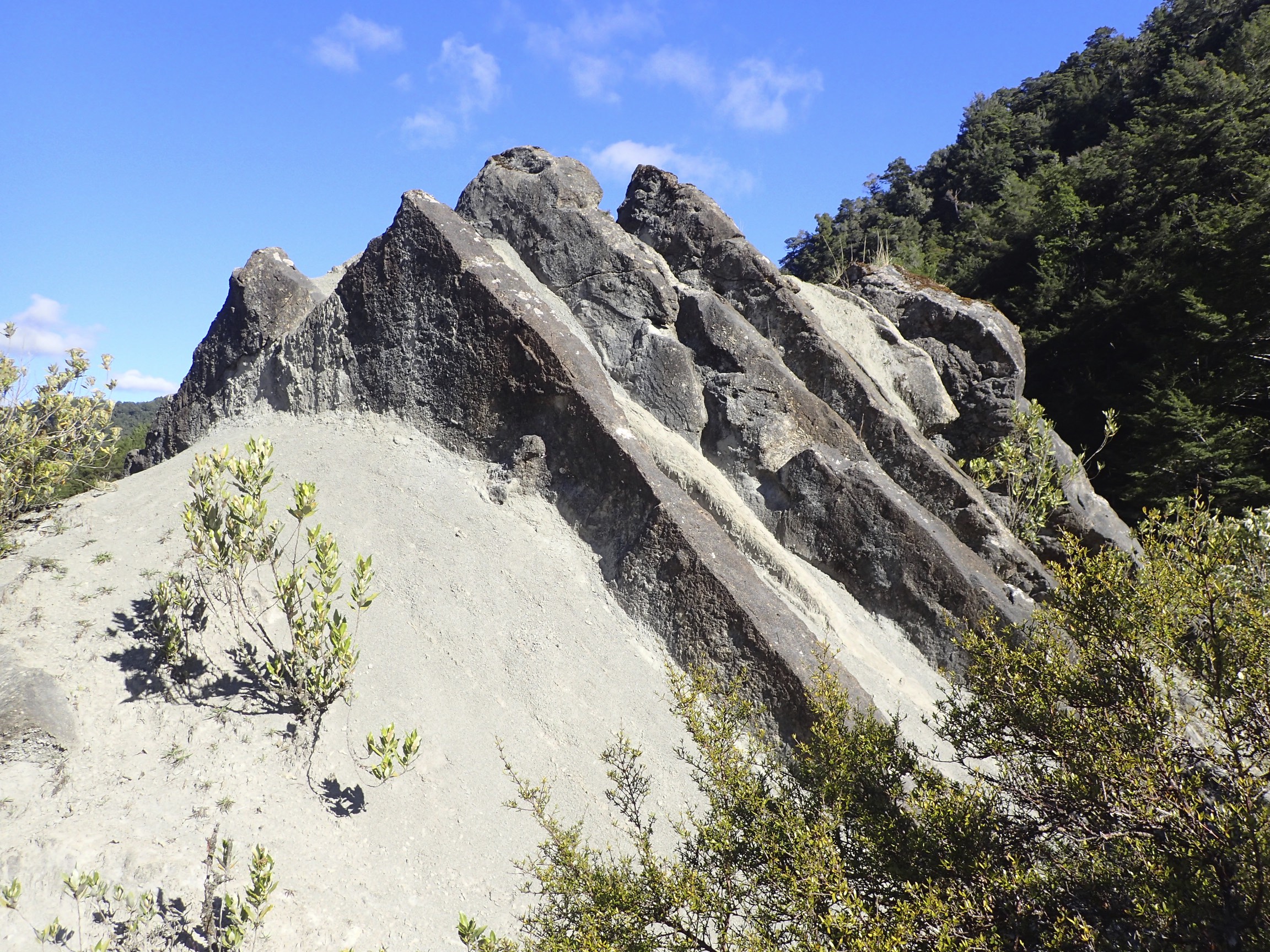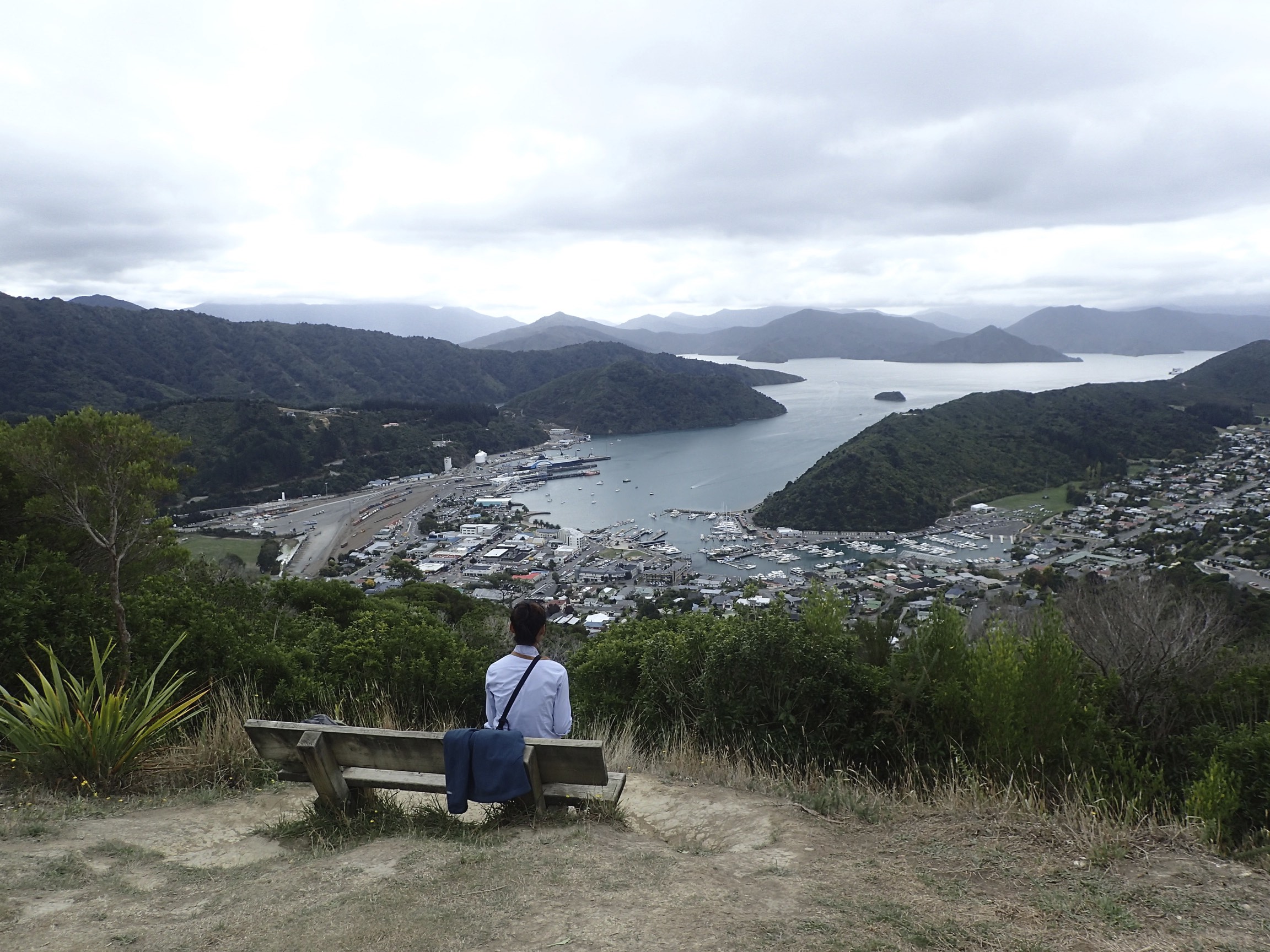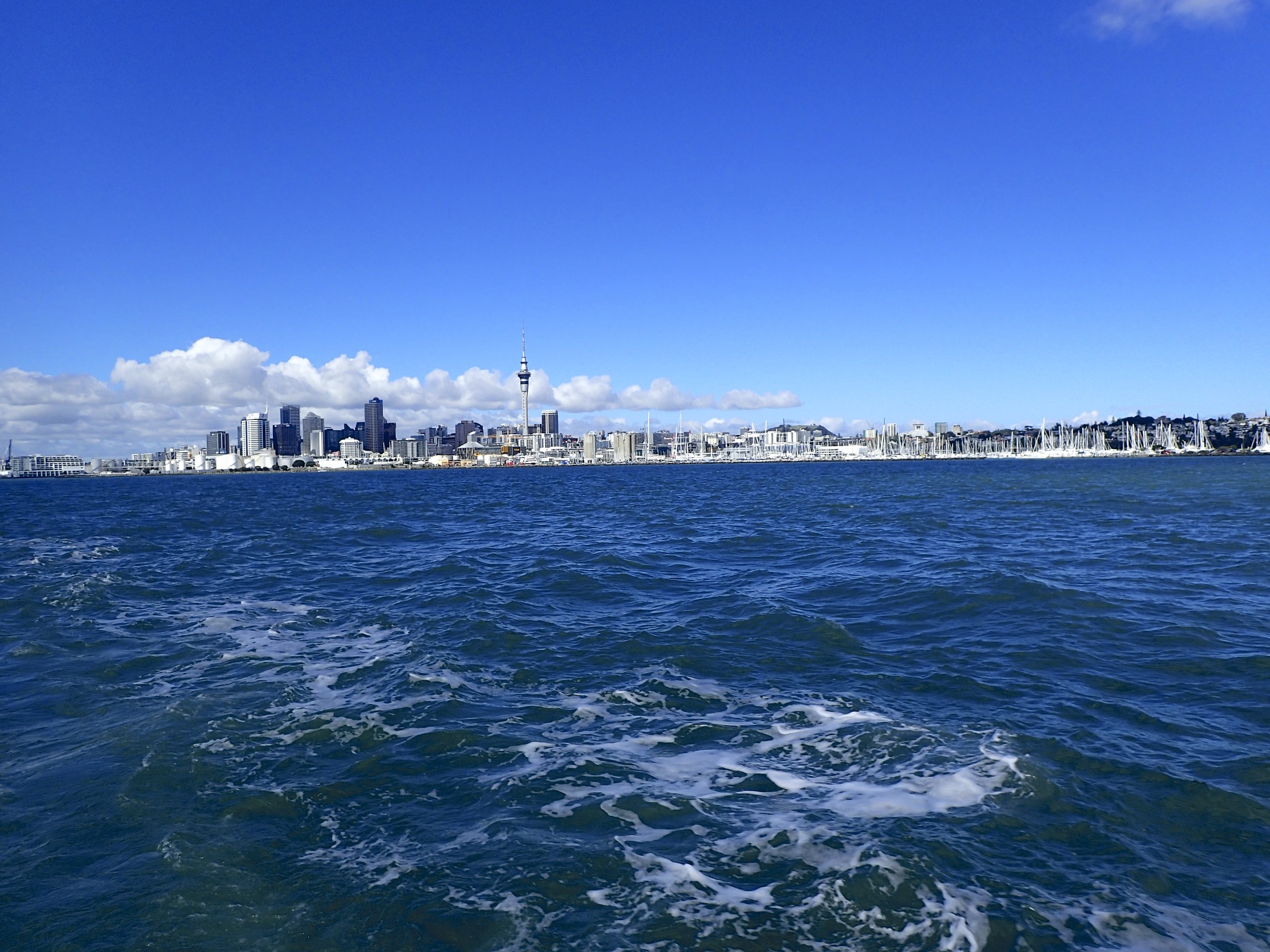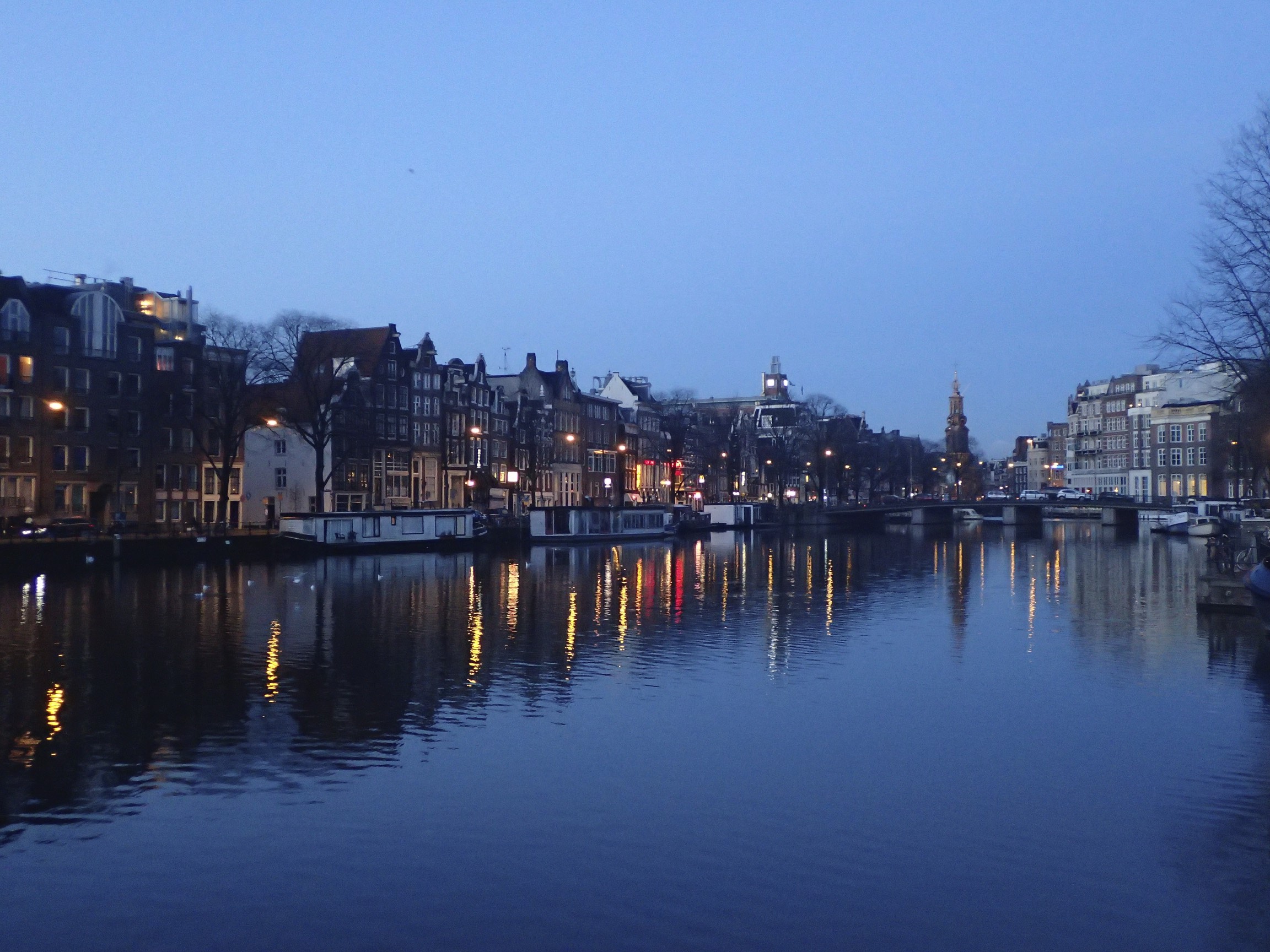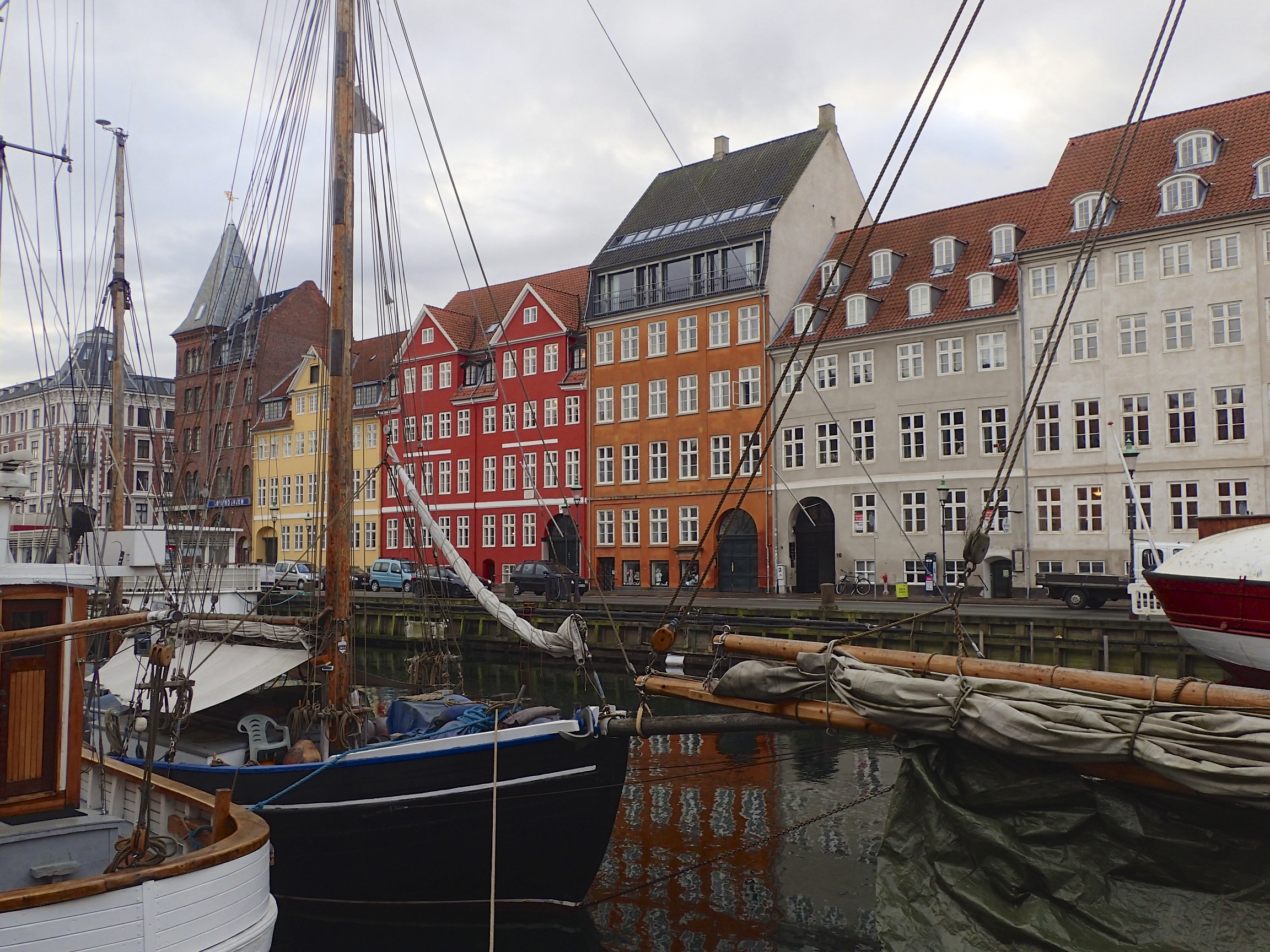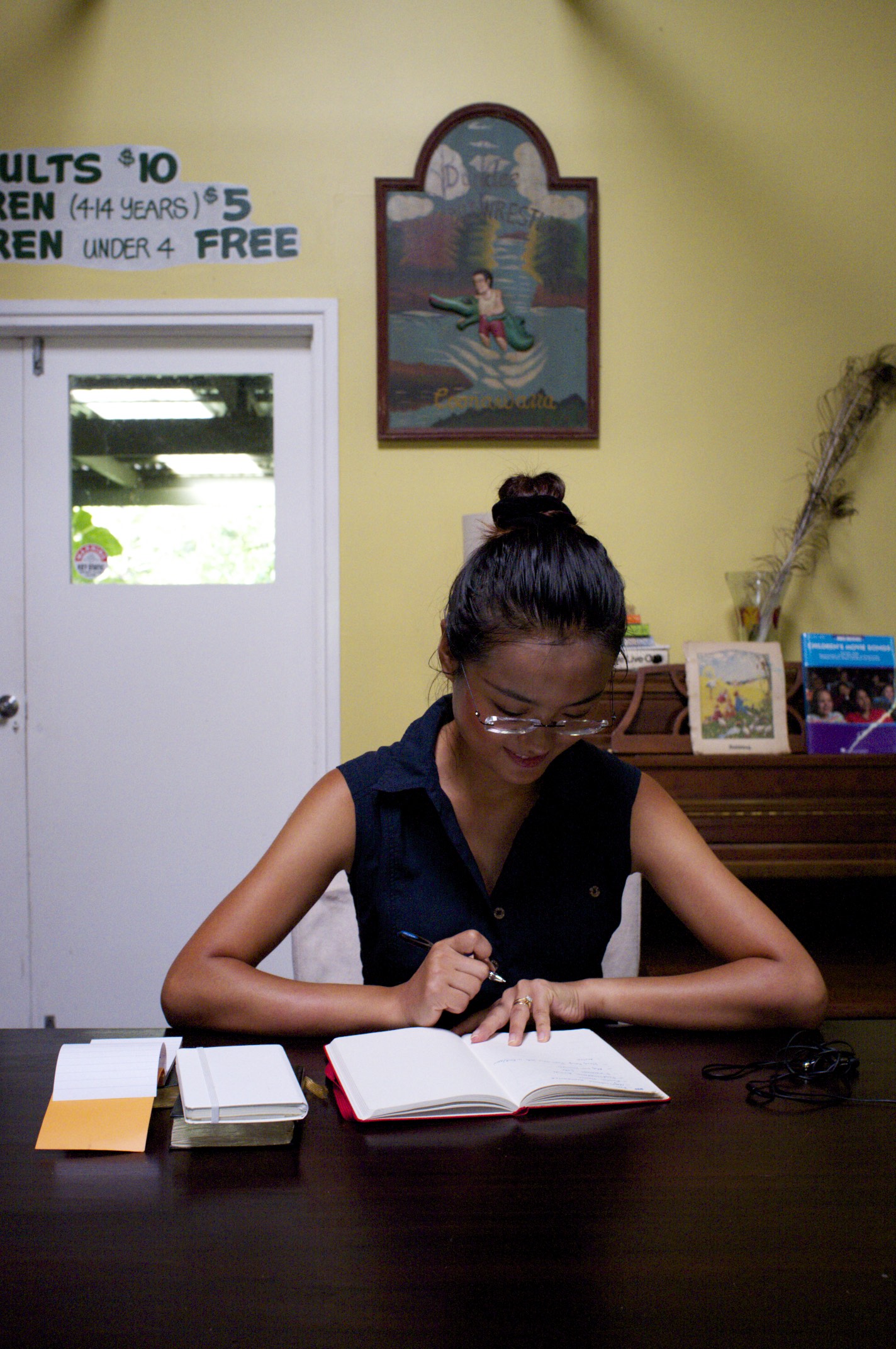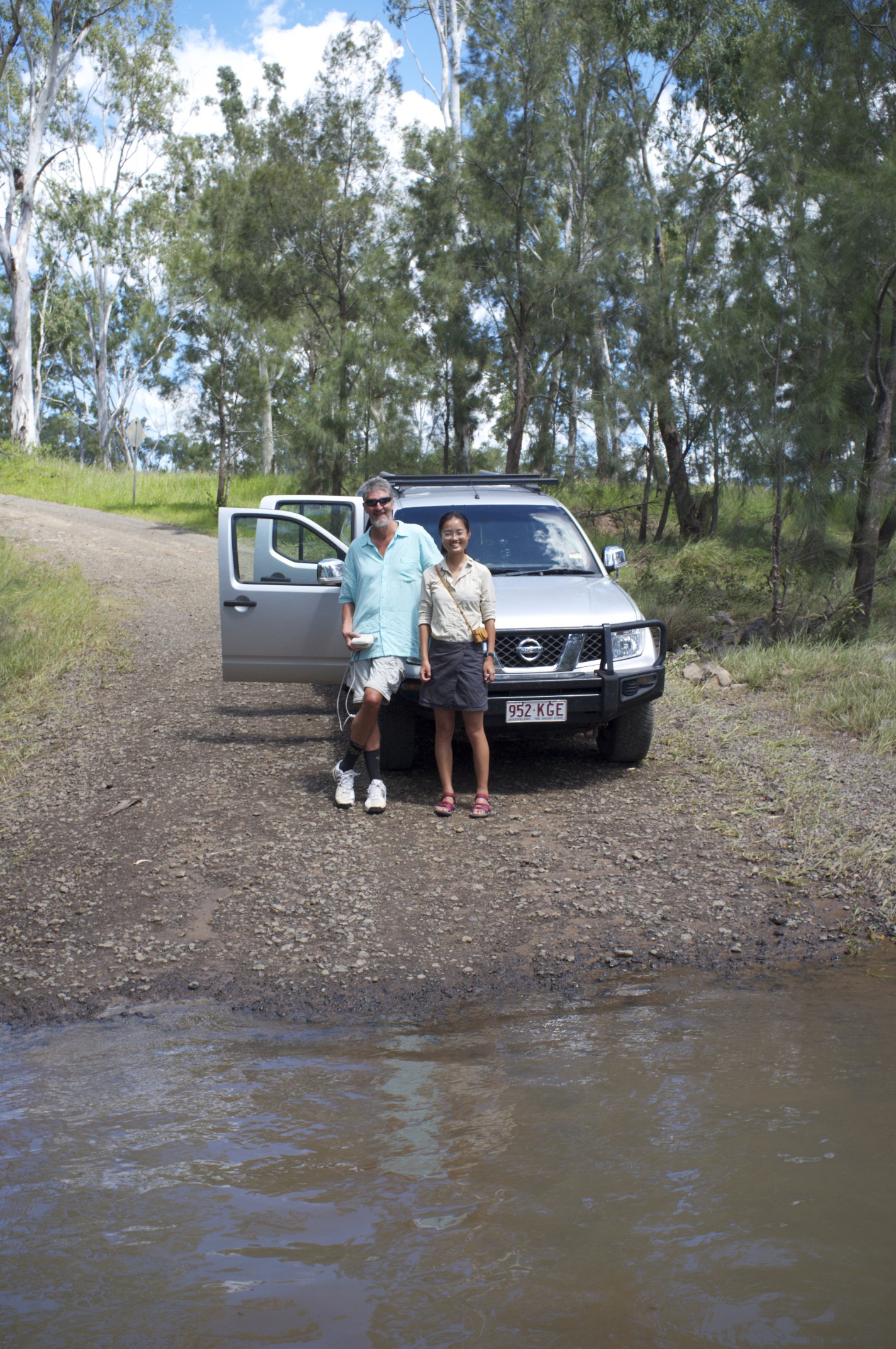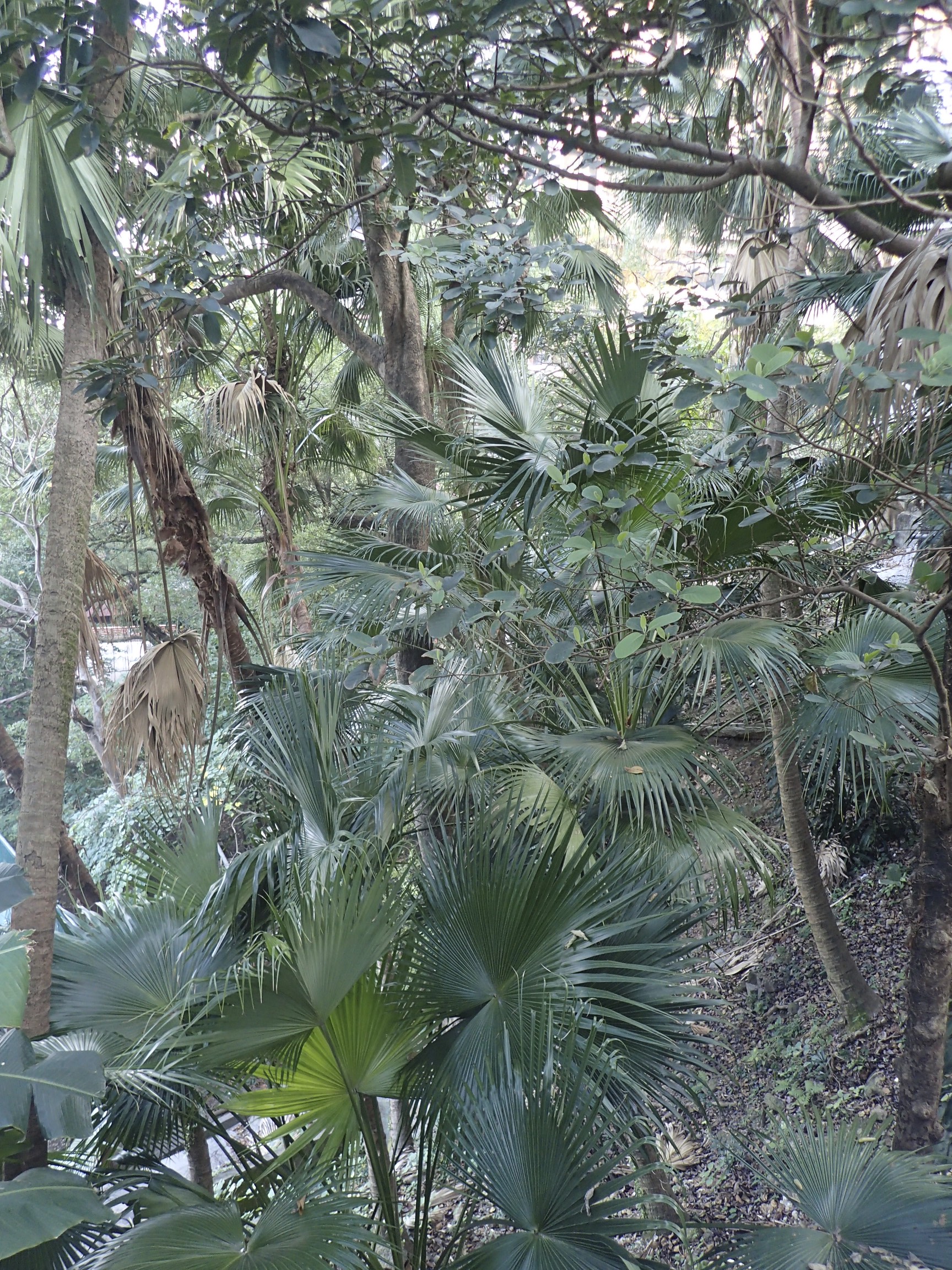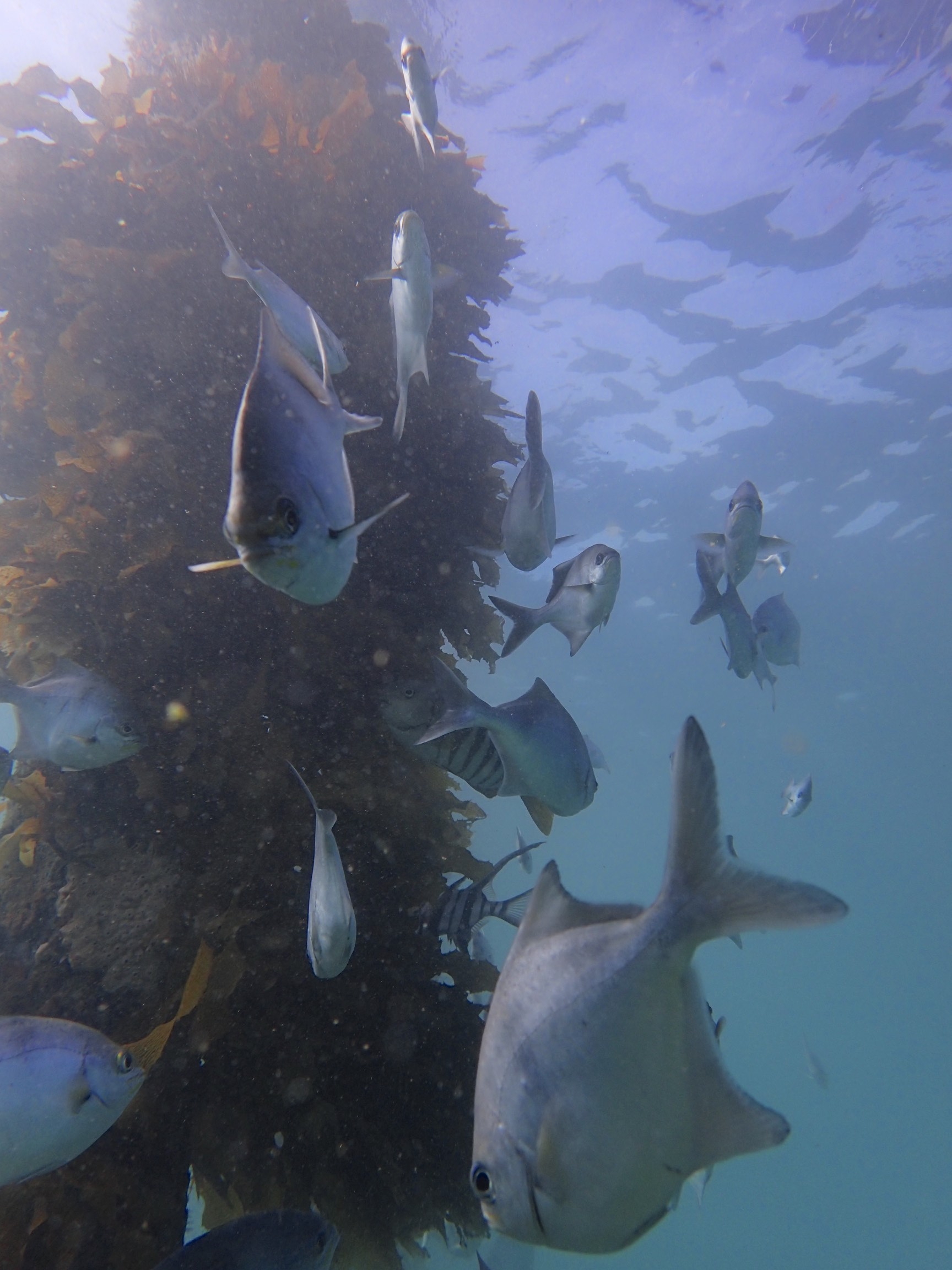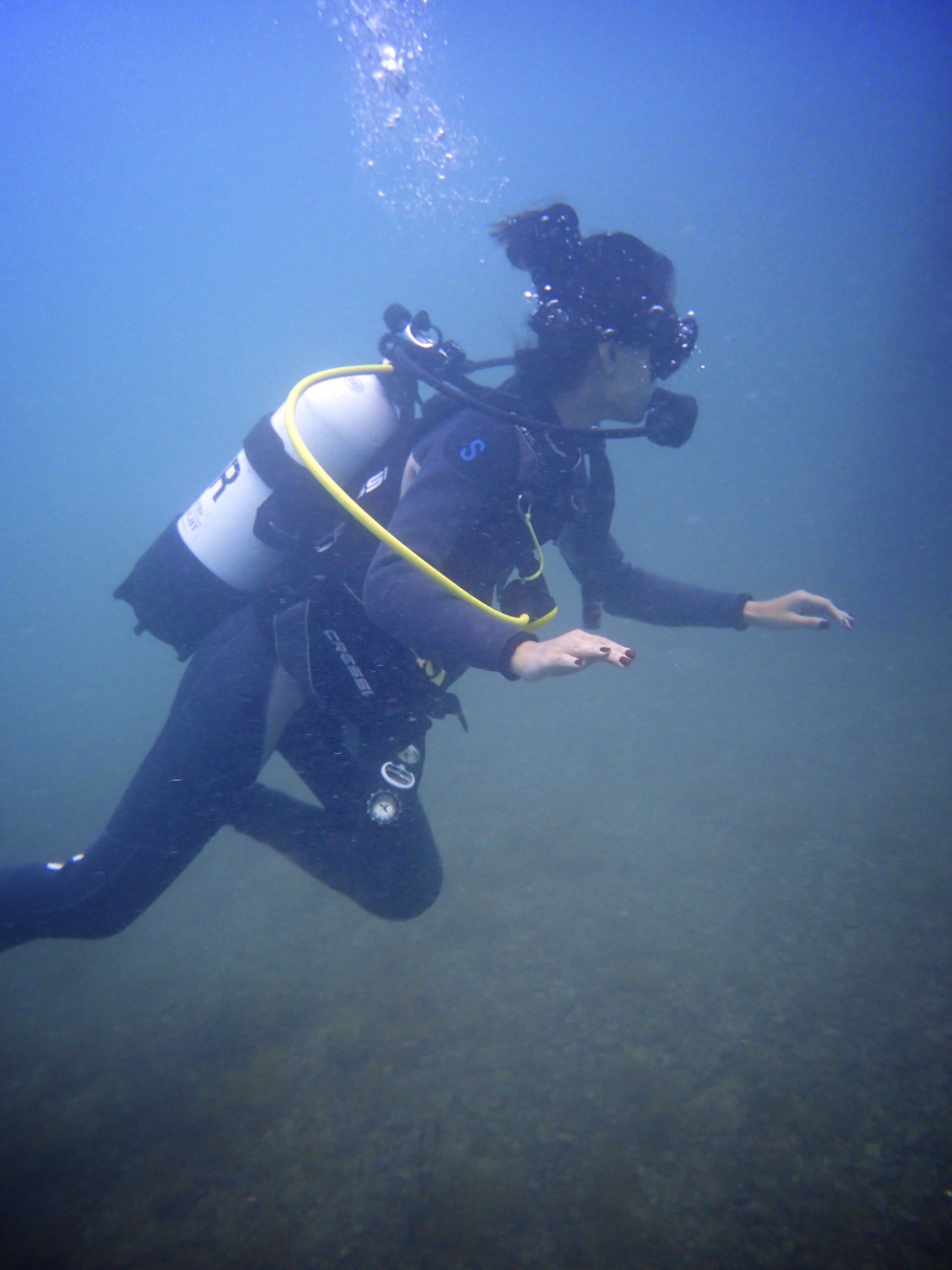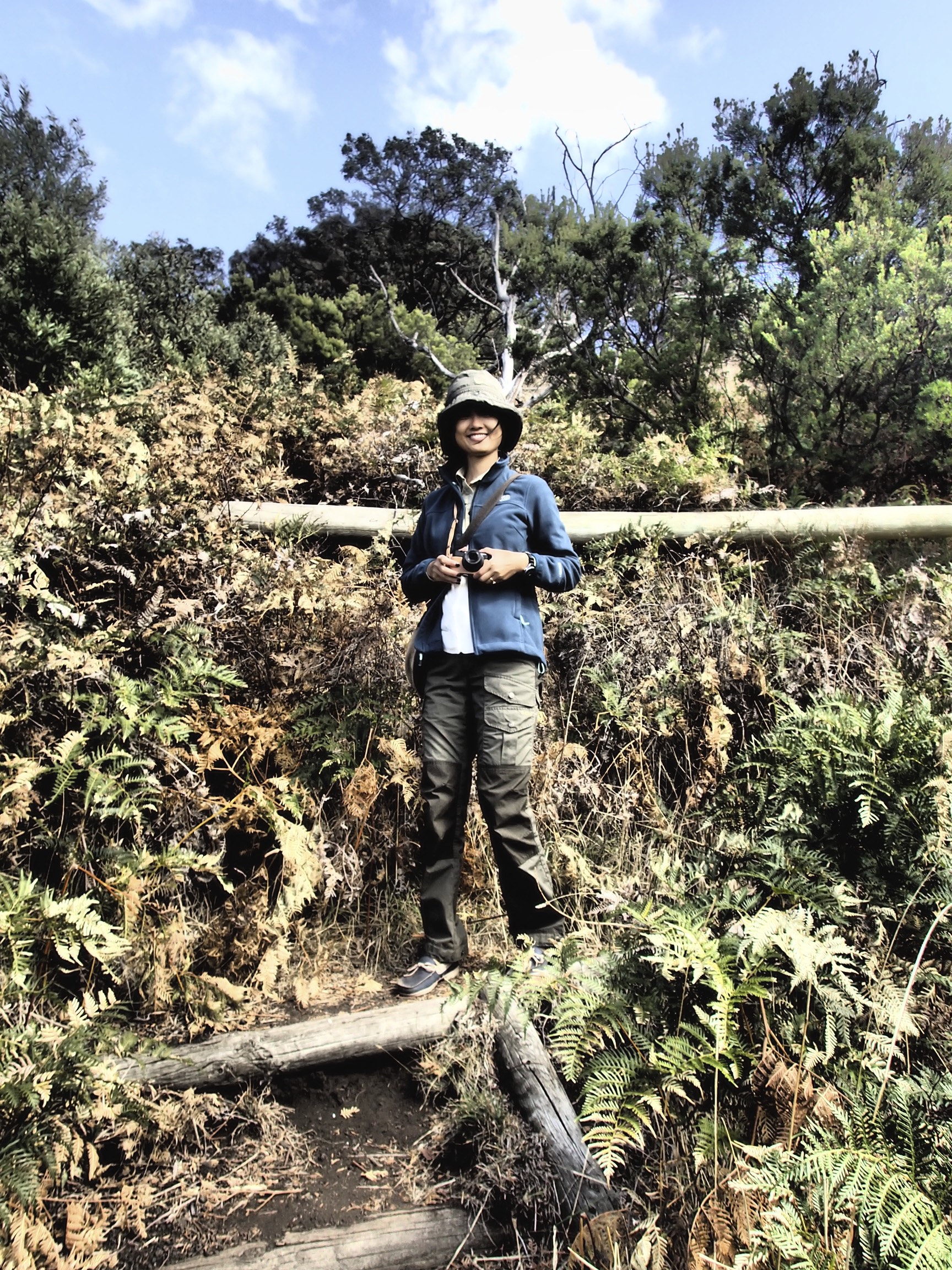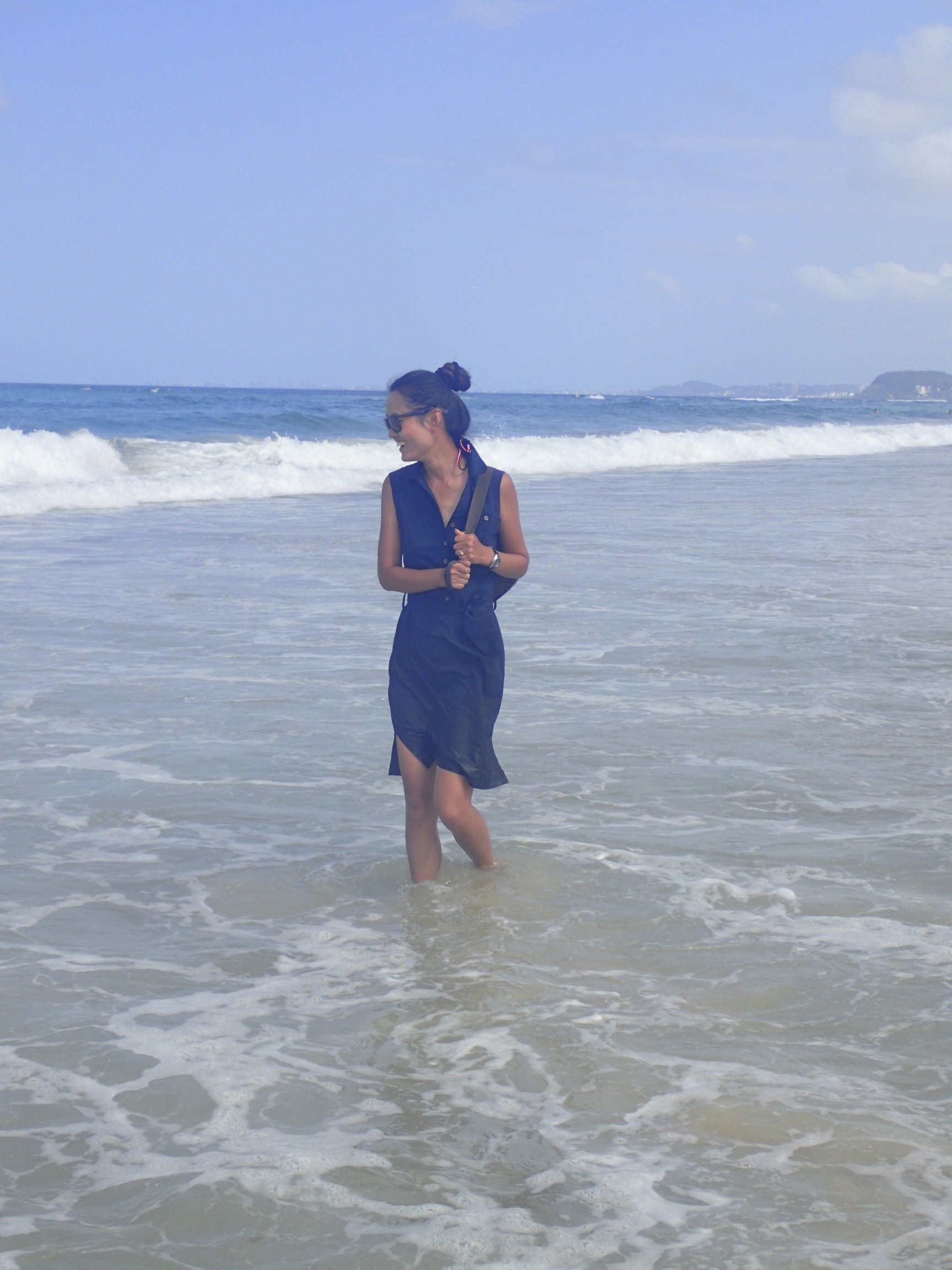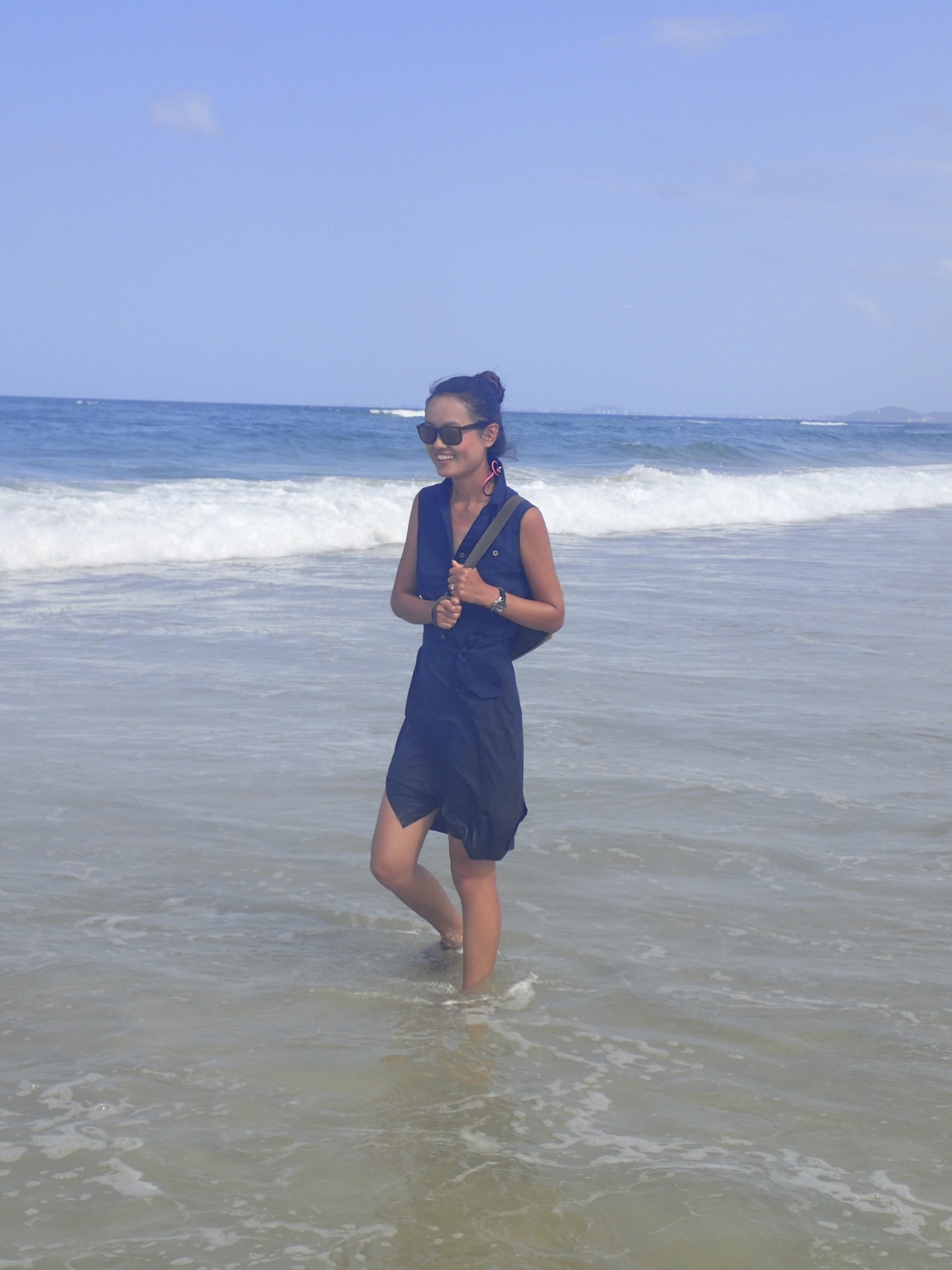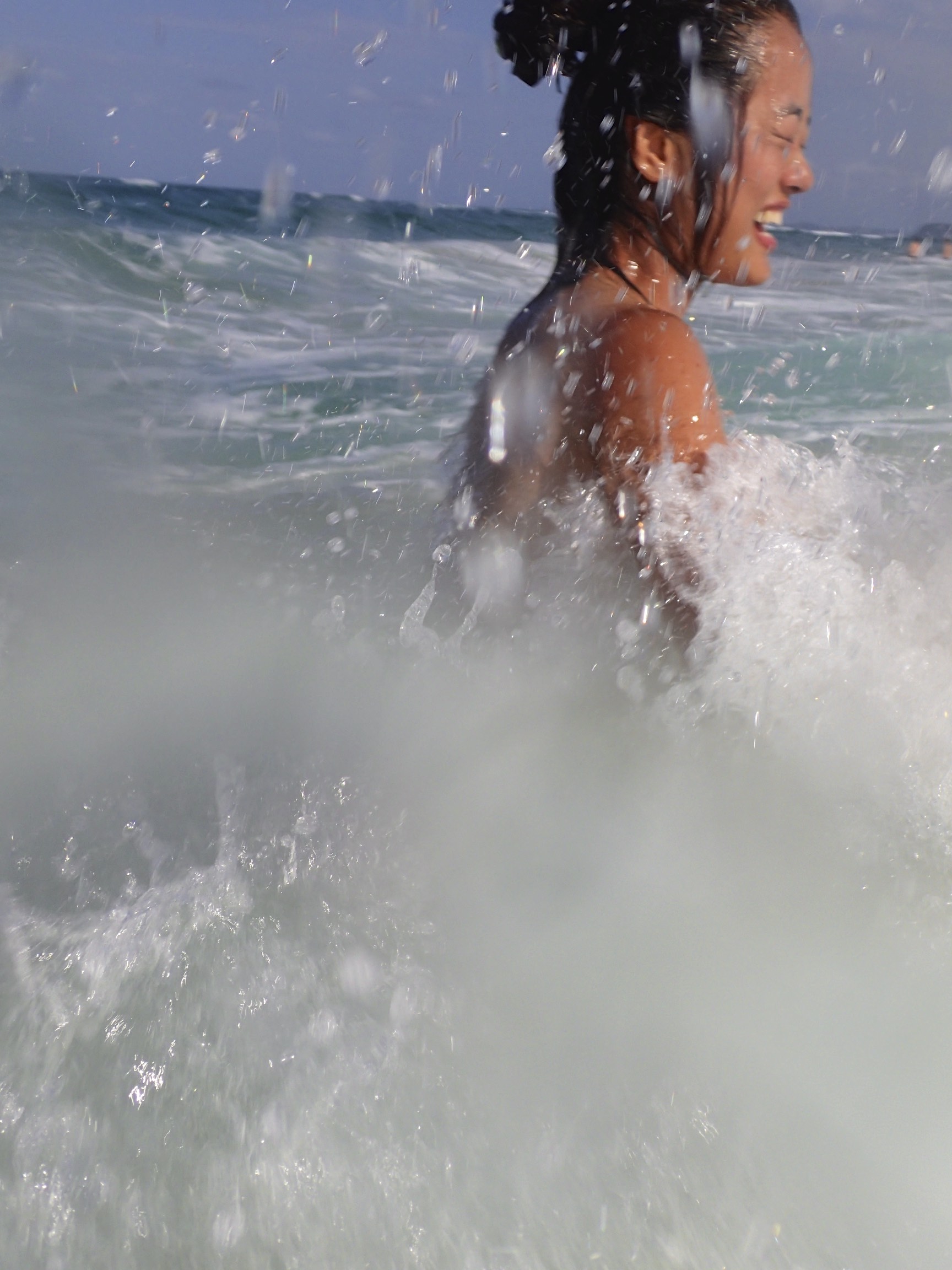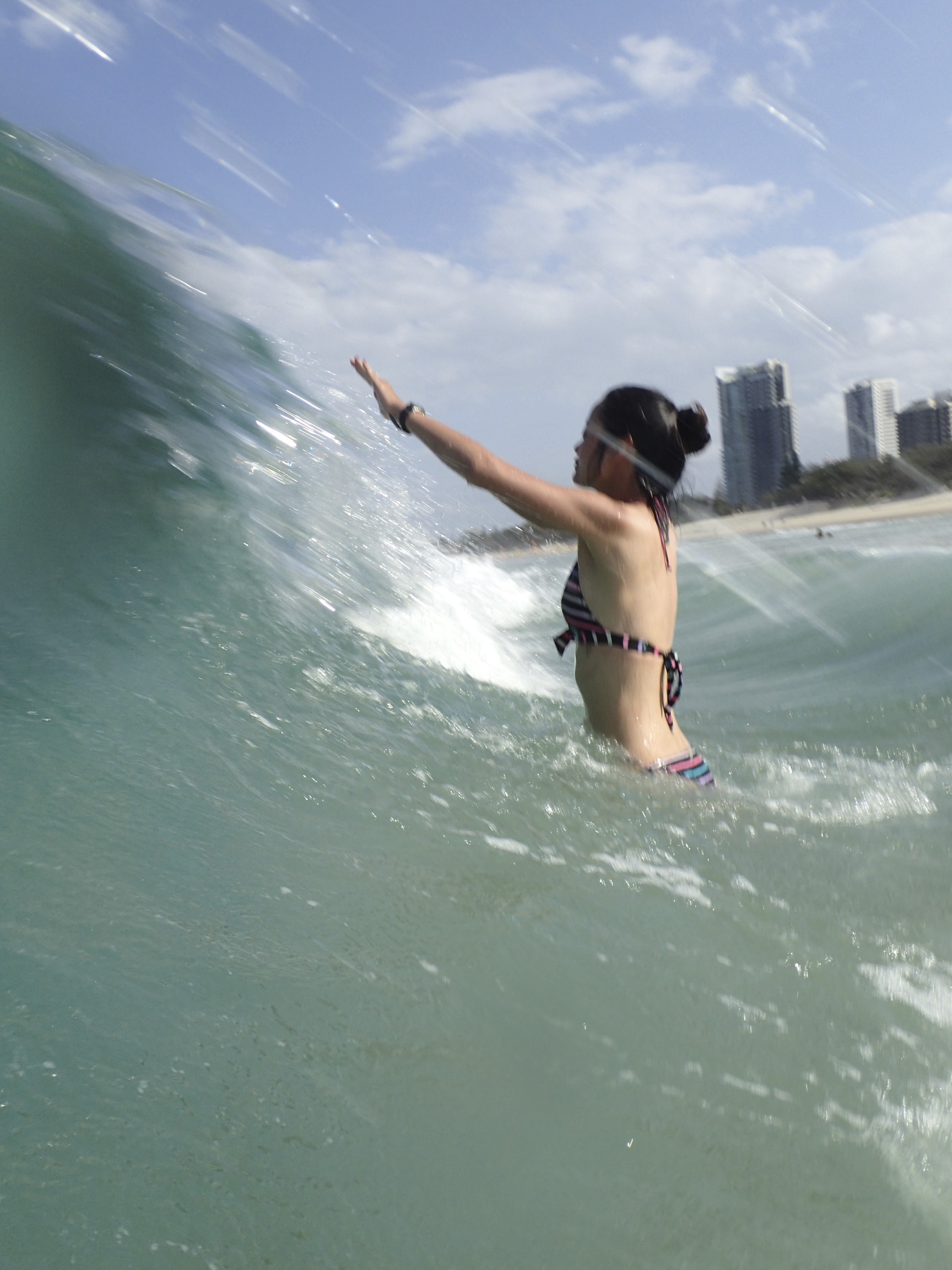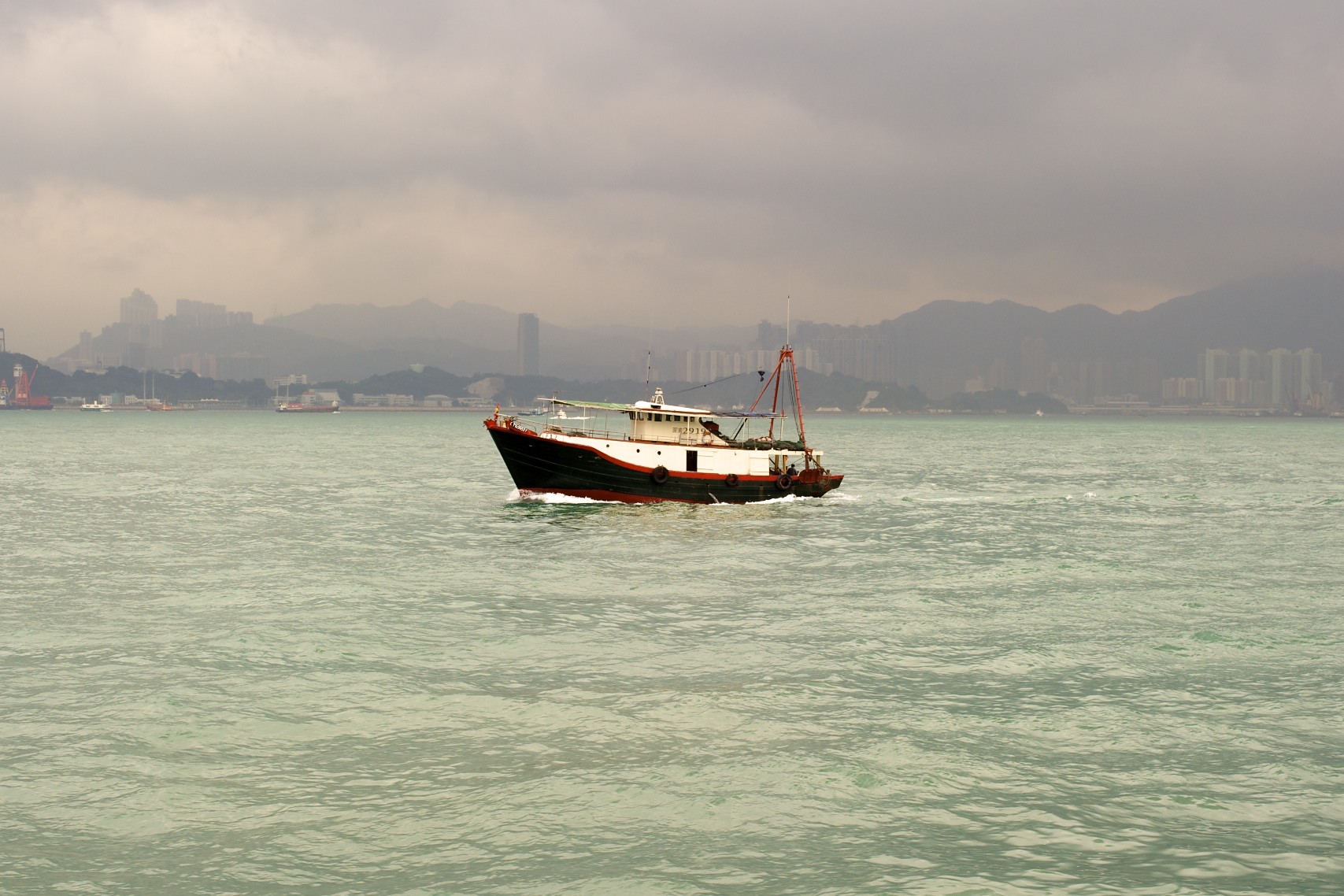One remarkable change is the impact which the Occupy Central demonstrations had on the consciousness of many people I spoke with. No matter whether the person actually supported or disagreed with the initiative and its targets, it left marks in the understanding of the status quo. For example, a few years ago, when you asked people where they come from, they often quoted the origin of their family, for example: "I am from Guandong/Shanghai/Yunnan". Now, when you ask the same question, you mainly get the answer: "I am from Hong Kong". There are many reasons for this, which have nothing to do with the targets of the pro democracy demonstrations. But no matter why, this is not good news, as the identity gap between Hong Kong and its mother country has widened. Many people in Hong Kong are worried about the city's future. Economic reasons are prevailing for one group, as Hong Kong's economy is running only on one cylinder, which cripples most others. For others, the special rights Hong Kong has, are under threat. It is naive to believe that in a China where the Government consolidates its power and the country goes through a major transition with uncertain outcome, Hong Kong can really expand these rights. It will be hard enough, even only to preserve the status quo. Often I heard that Hong Kong would like to be the "democratic experiment" for China. But back when the agreement of "One Country, Two Systems" was formed, what was meant with two systems was Capitalism and Communism, not Democracy and Dictatorship. And as a "Capitalist Experiment", Hong Kong has failed, as the so-called free economy here, still tied up Adam Smith's invisible hand. So why should the "Democratic Experiment" work any better, in the eyes of the Beijing Government?
My life in the University of Hong Kong, and as a guest on its campus, is of course very different from most people here. I enjoyed very much starting the days with breakfast in the company of other visiting faculty. As as friendships grow and old ones re-connect, I gathered again a sense of home here. Still very different from living on my island in the South China Sea, but close. Also, the very friendly welcome and the many helpful hands, made this stay very nice. Last but not least, I had a great class of postgraduate students to teach, which I really enjoyed. Still I also got reminded of the downsides of Hong Kong, specially the incredible noise pollution, and the often very closed mindset. I never understood how a city which is technically so open, can be so self centered. But as a short term visitor, surrounded with the forefront of Hong Kong academics and entrepreneurs, these downsides vanished into the backdrop and were easy to be ignored.
I like Hong Kong. Not every part of it. But I like the country parks, as well as the narrow street canyons. It is a city that works, and people make the most out of their limited resources. In the end Hong Kong, is a city "on the rocks" - where no city would have been built, was there not an anomaly in history. It is a city that exists against the odds. And as long as it keeps its skills of doing so, it will be an interesting place to visit.










